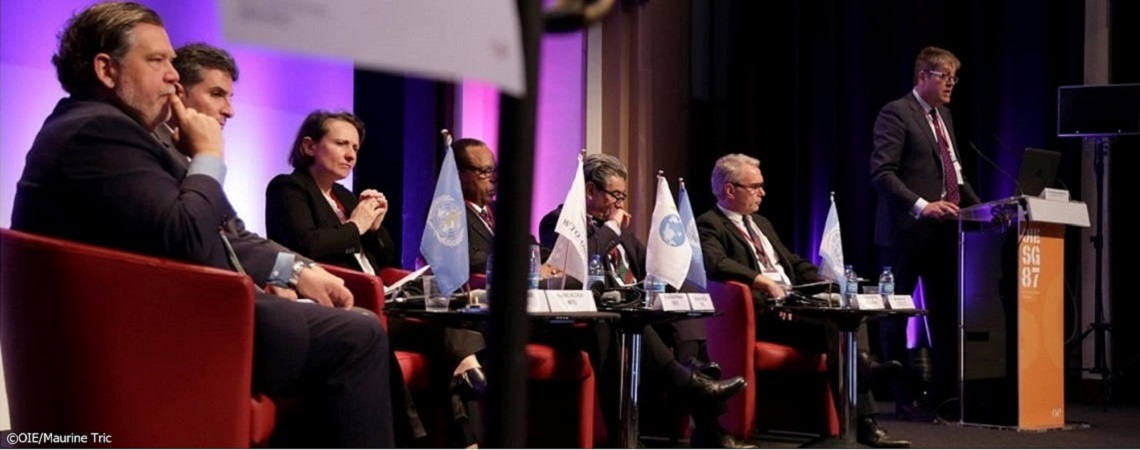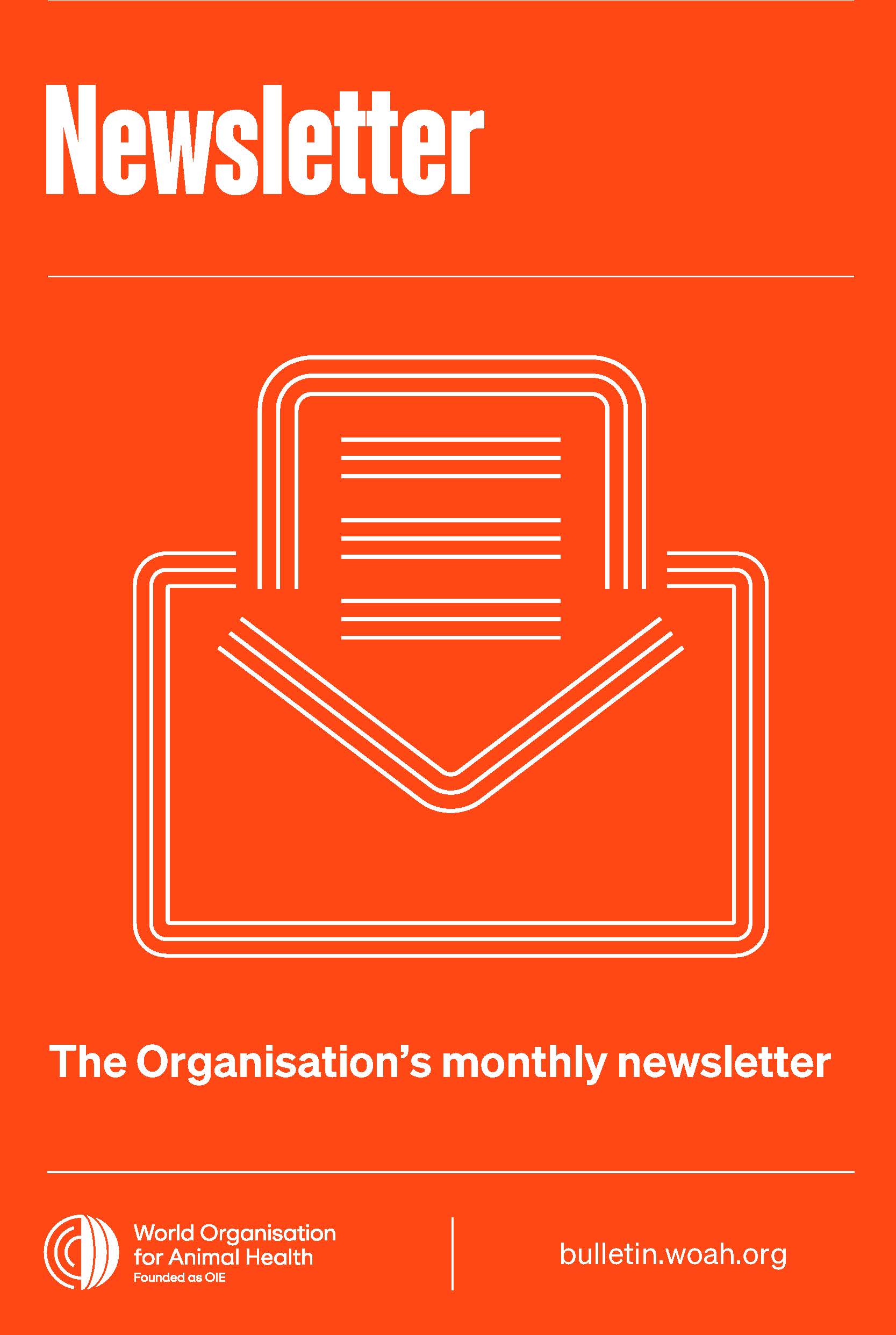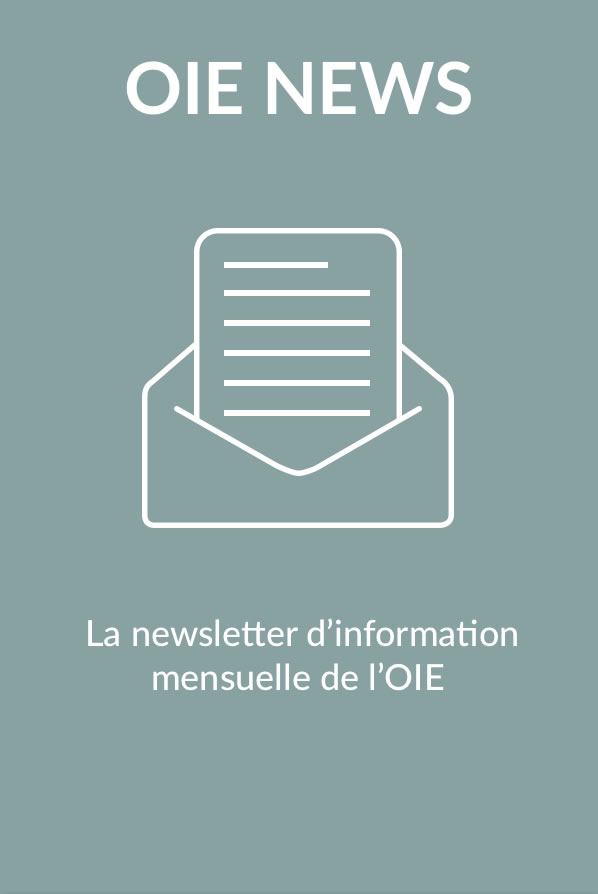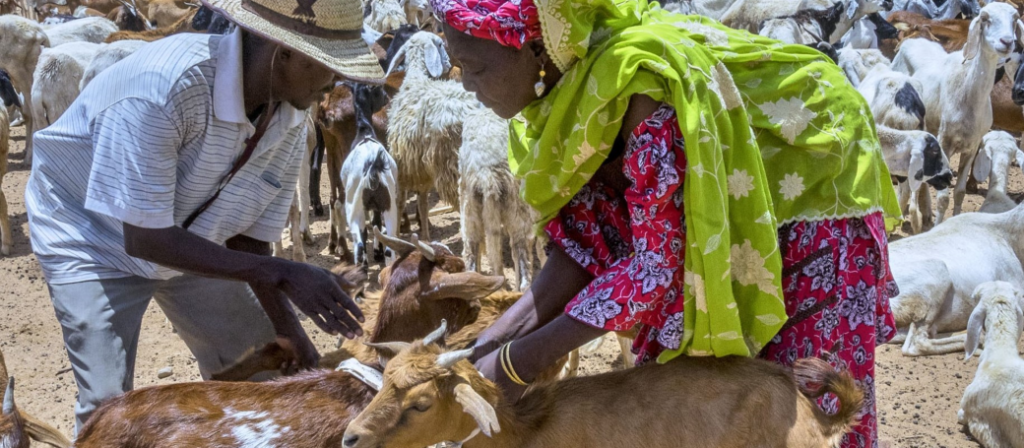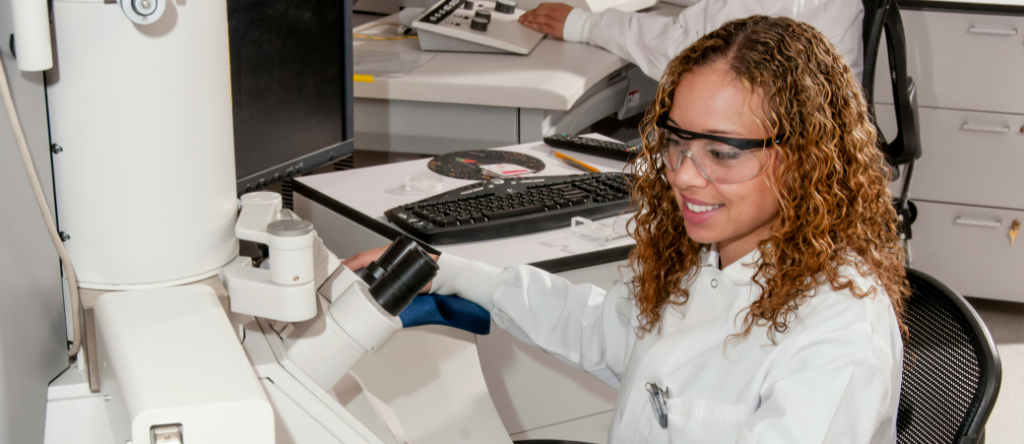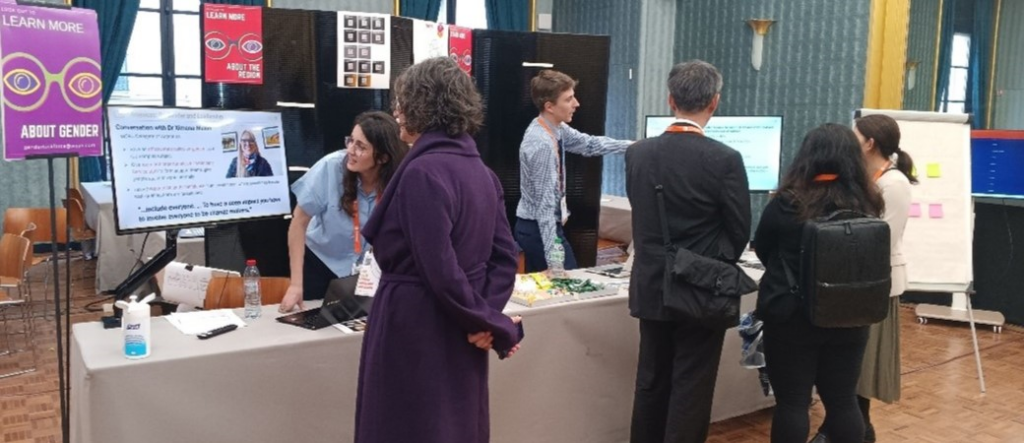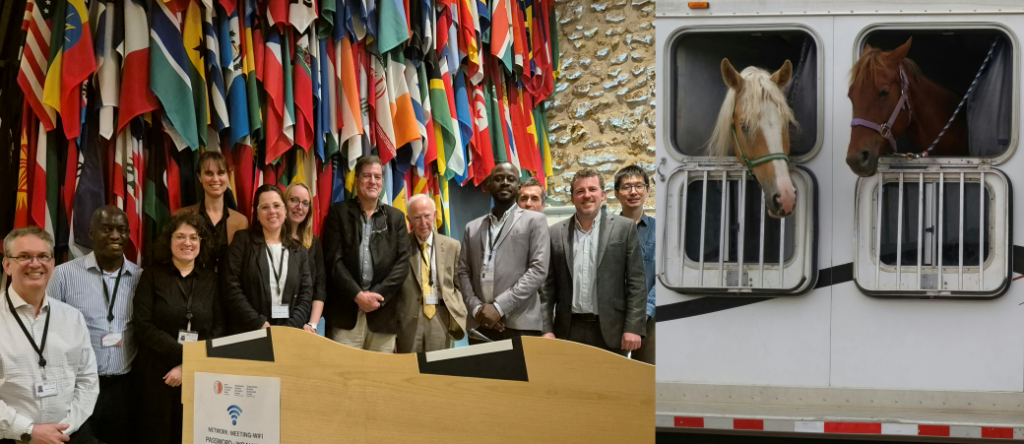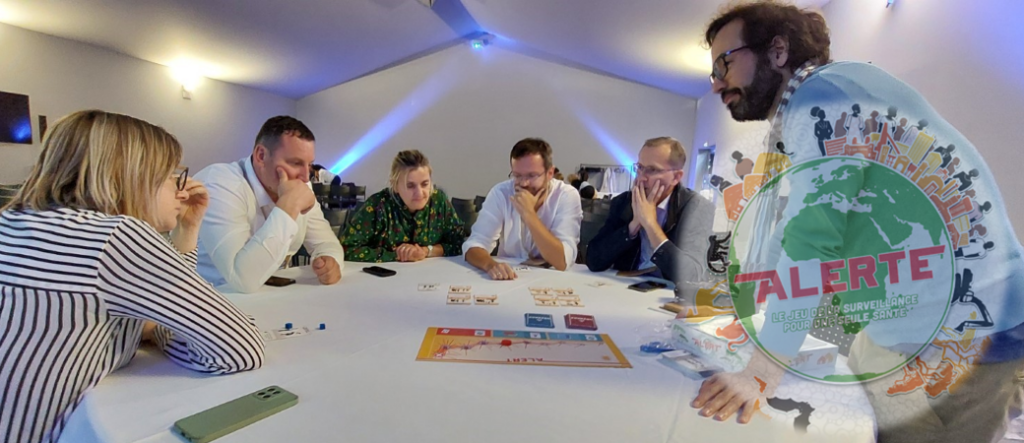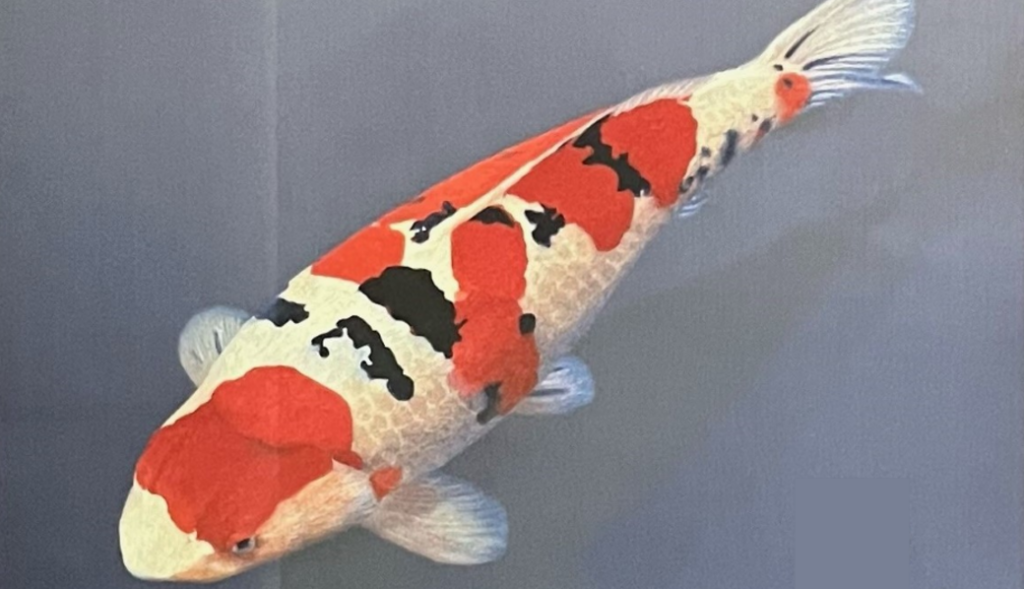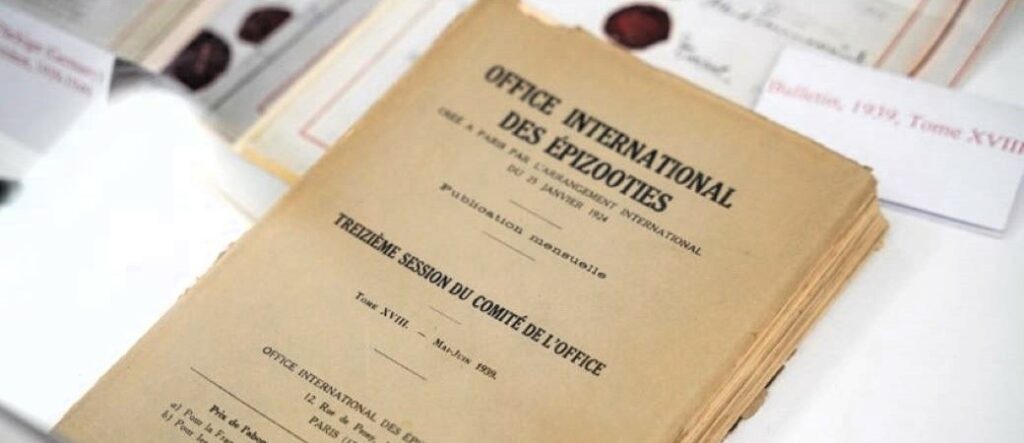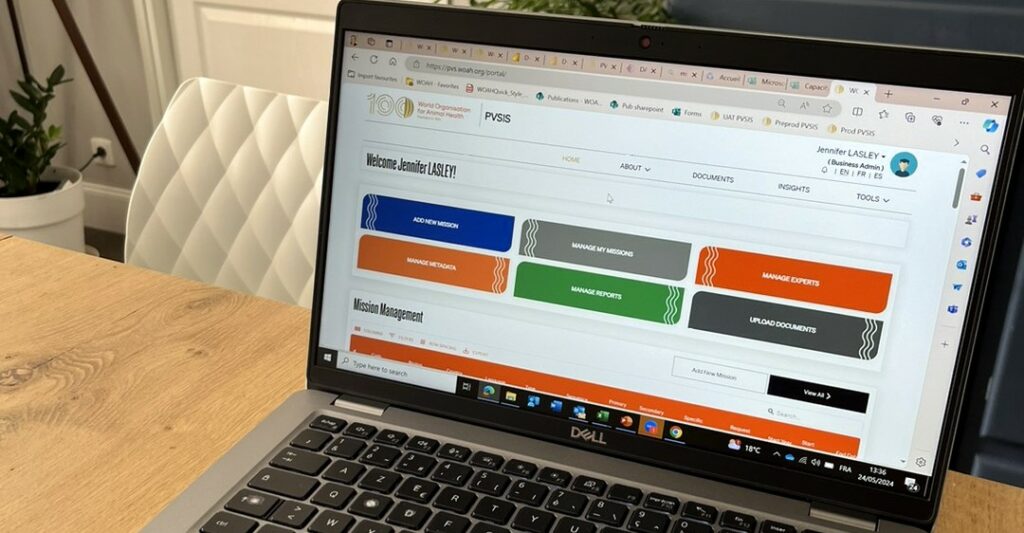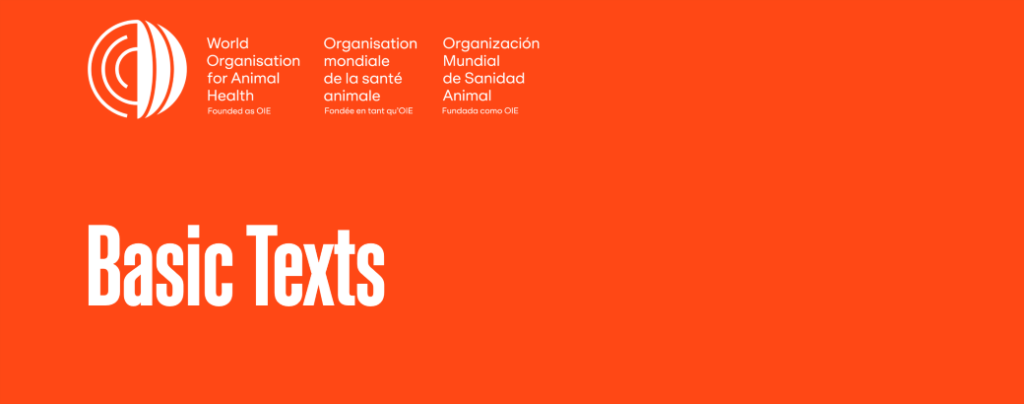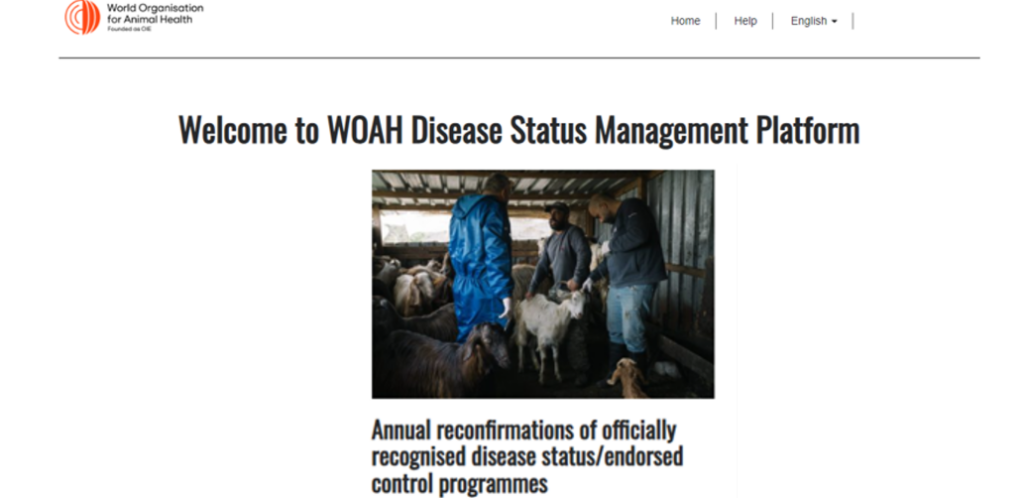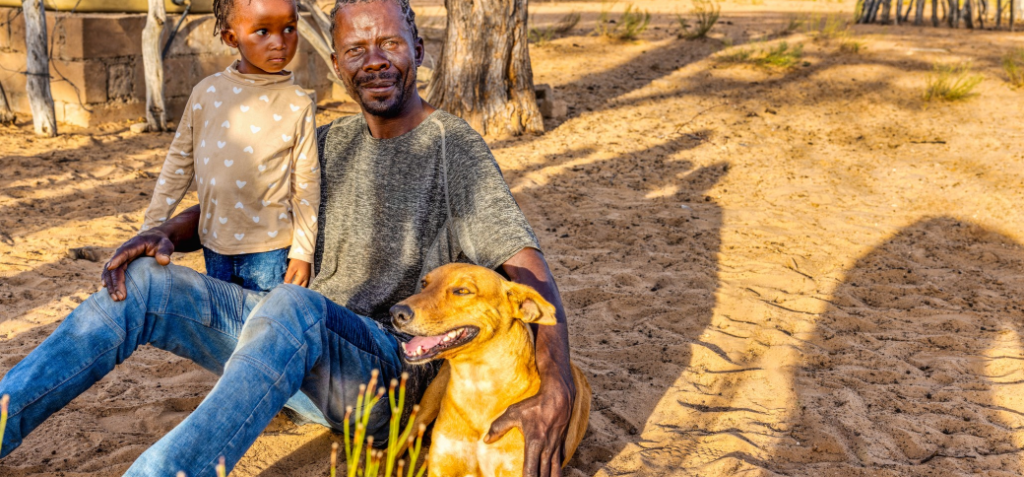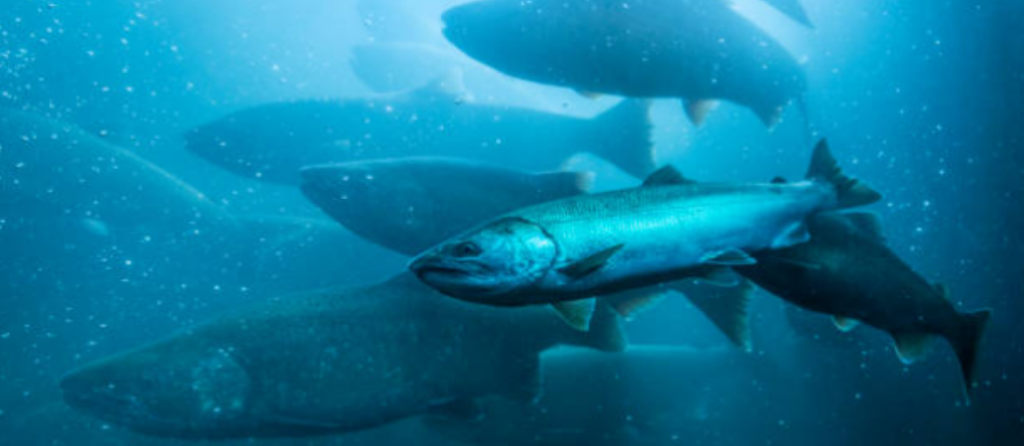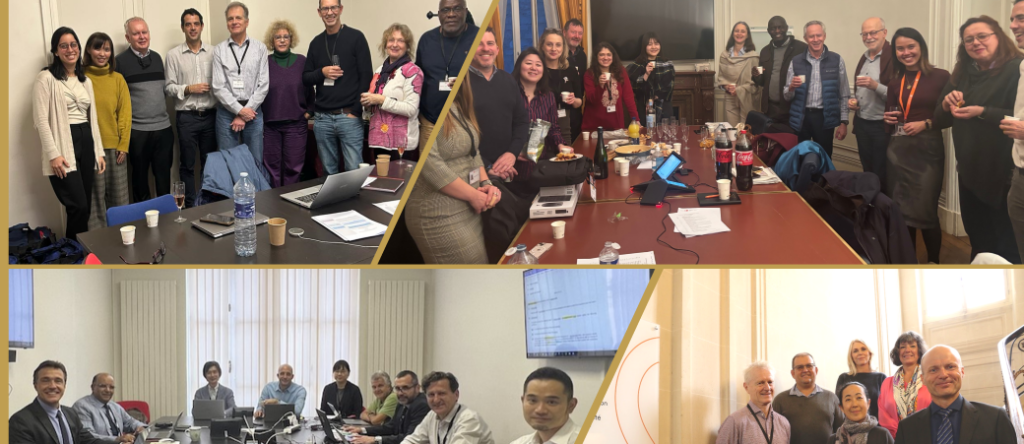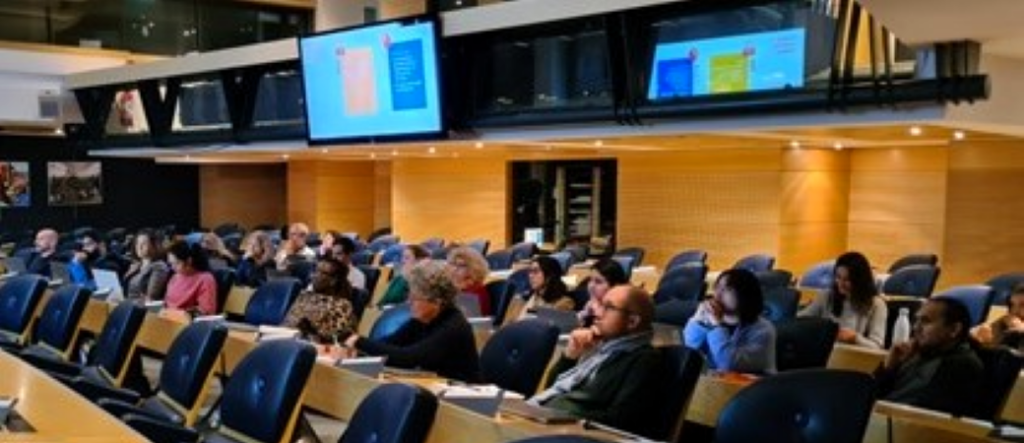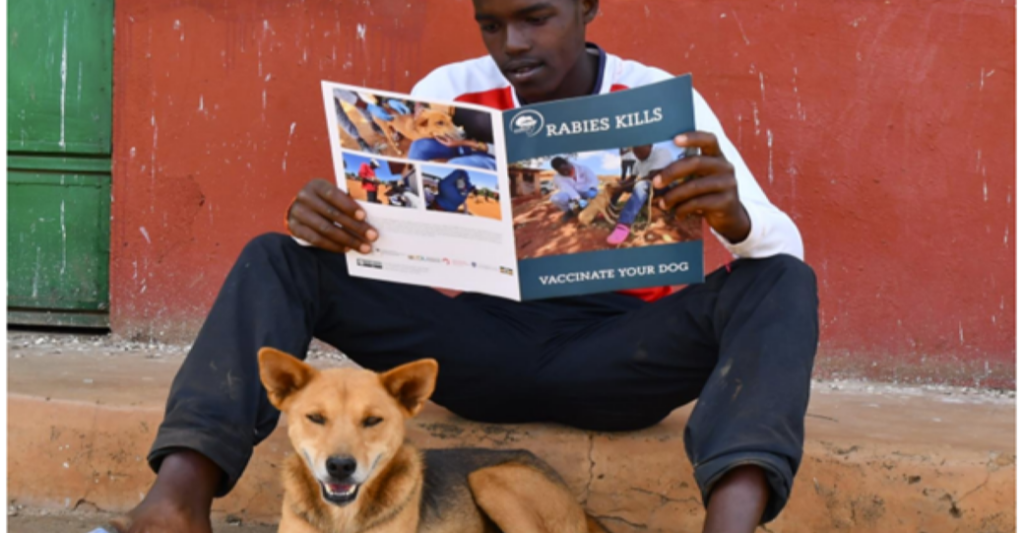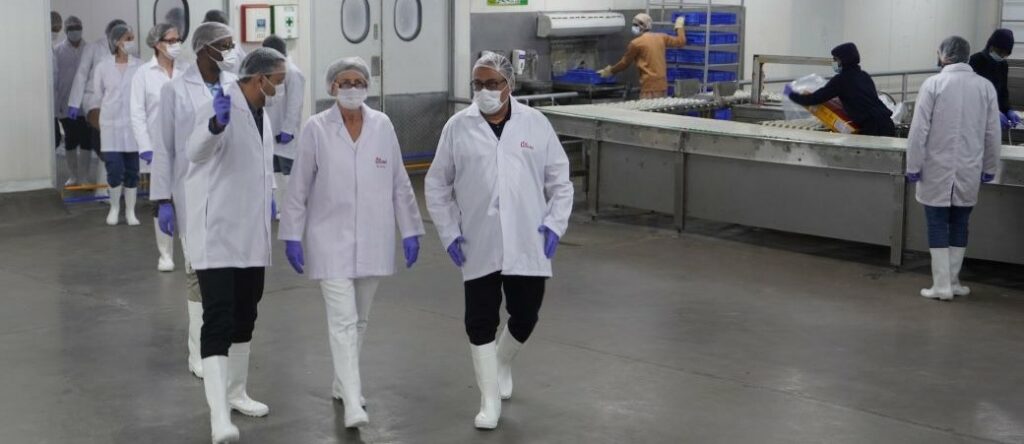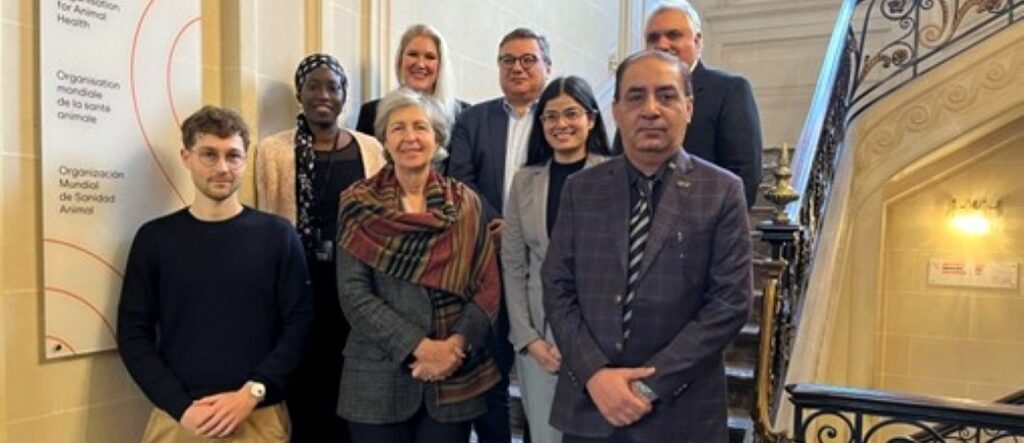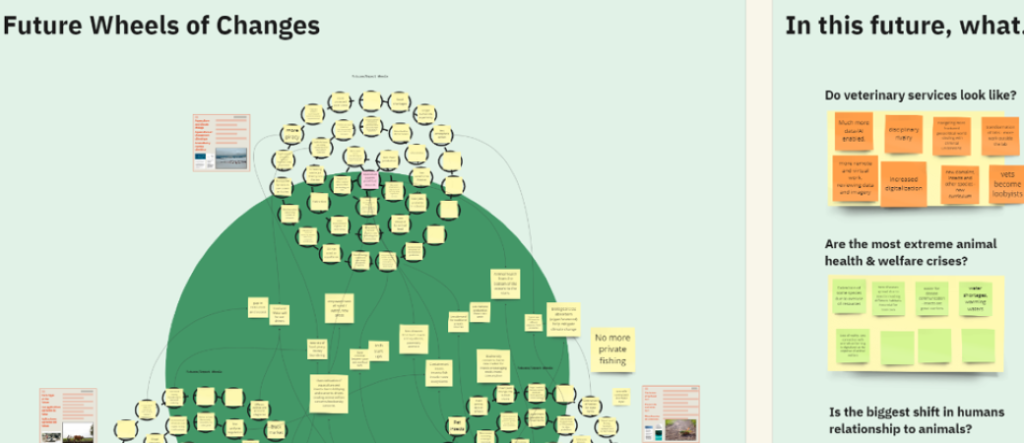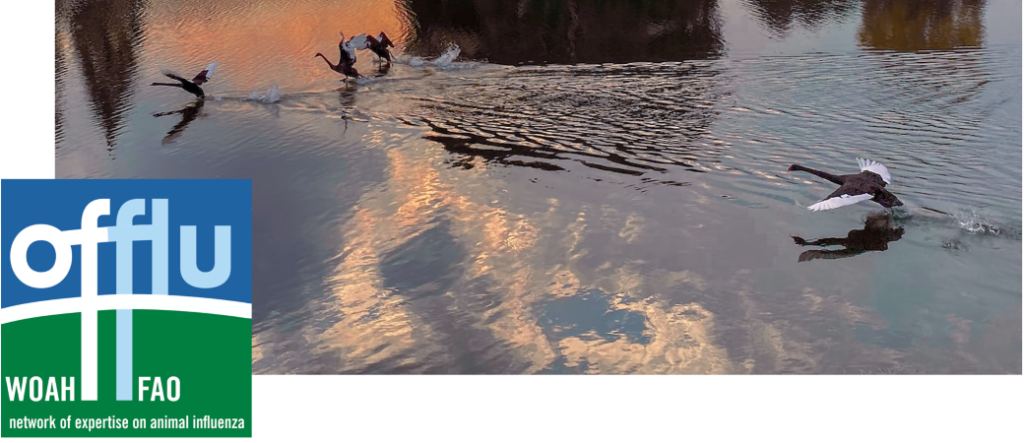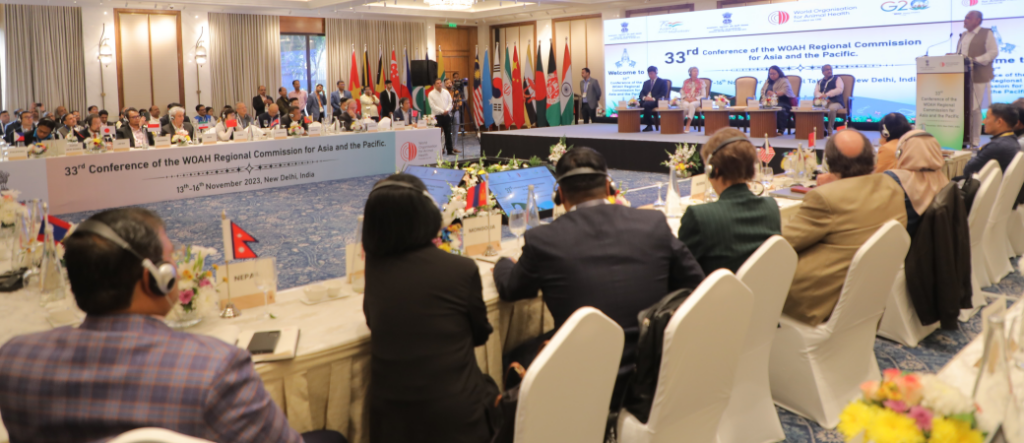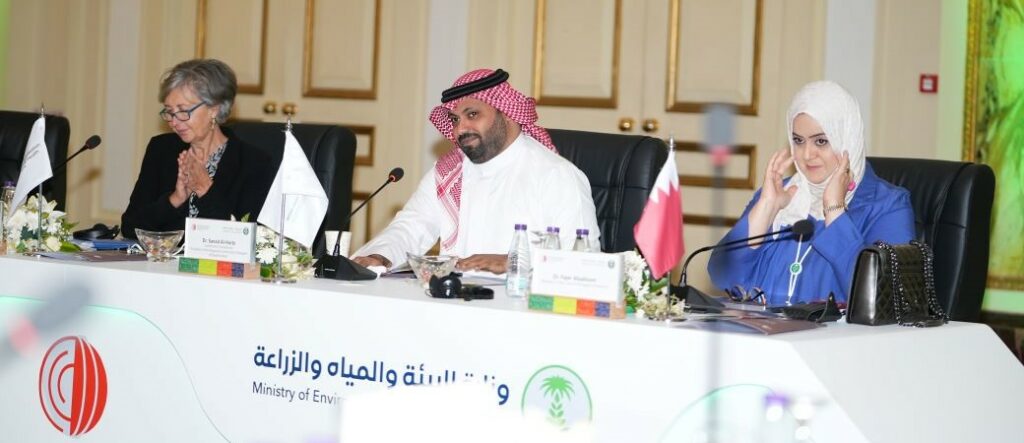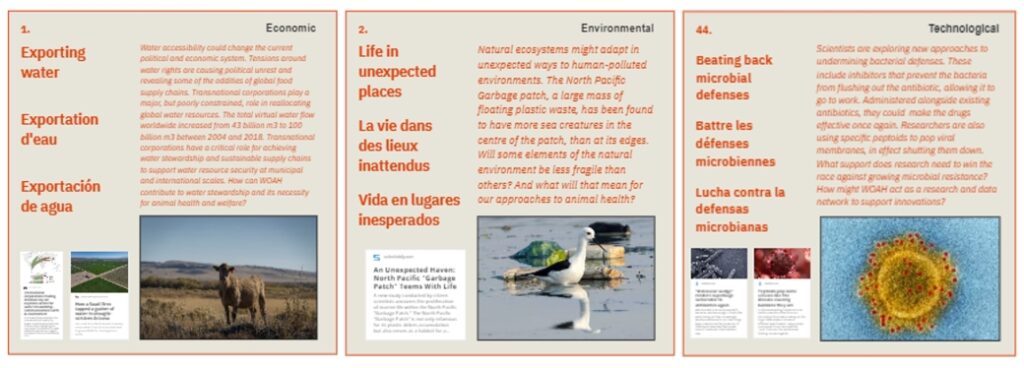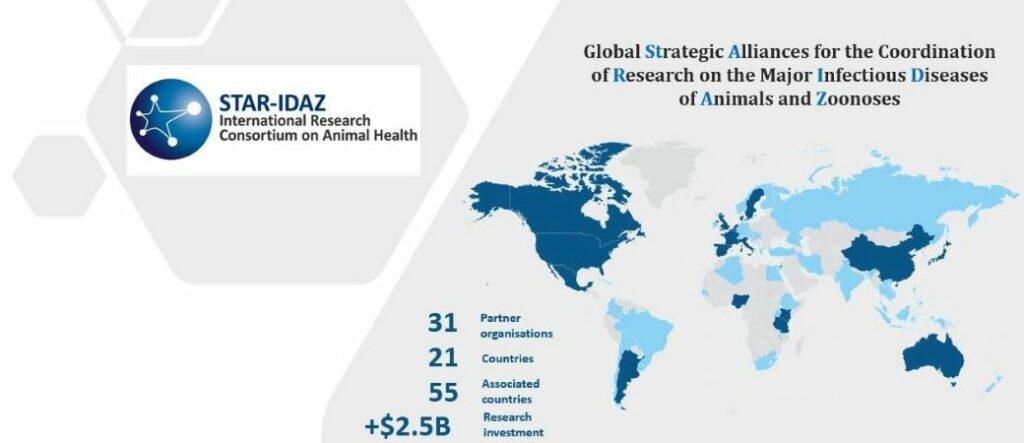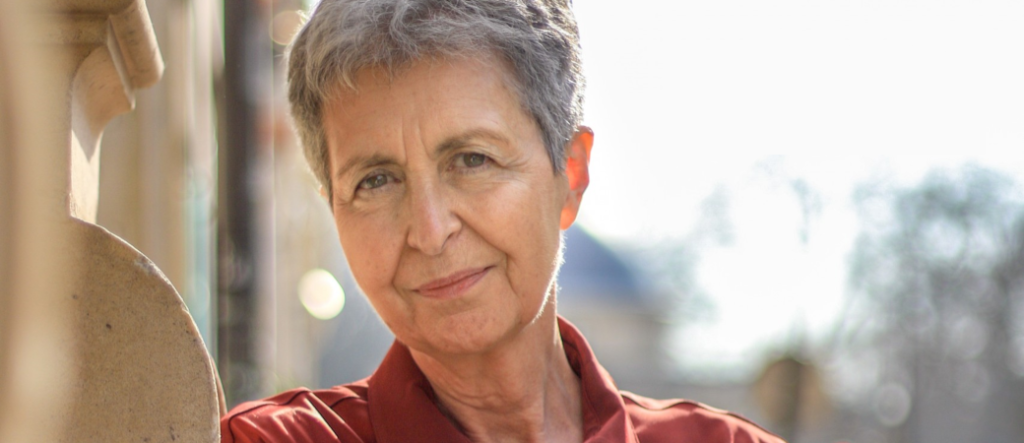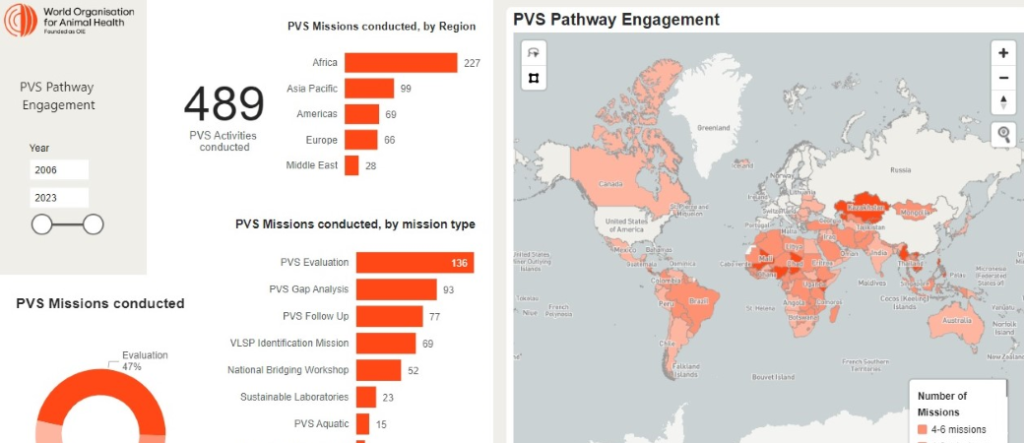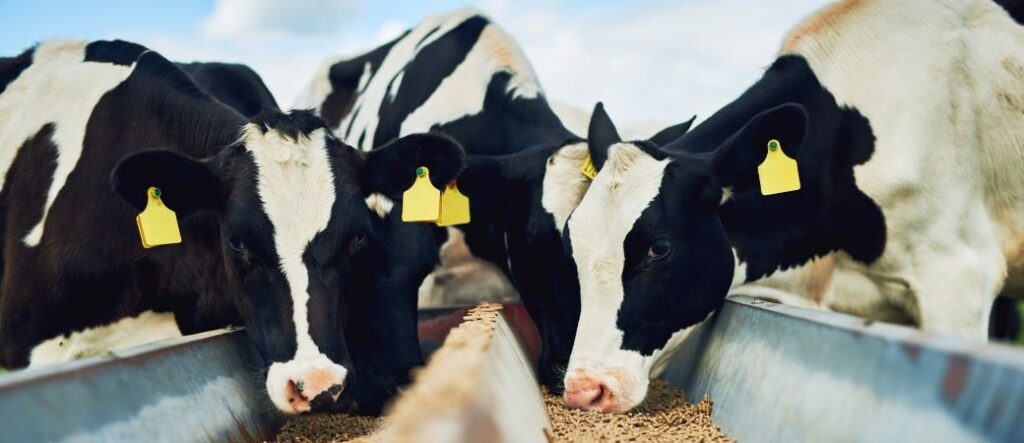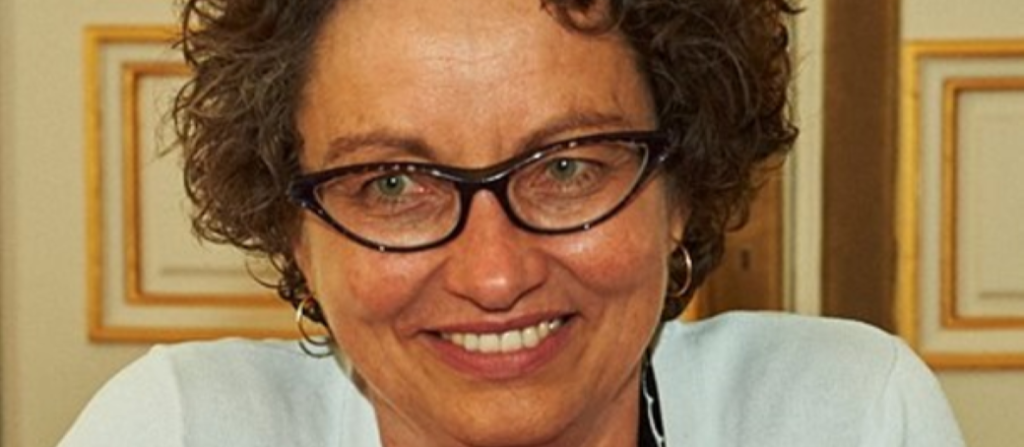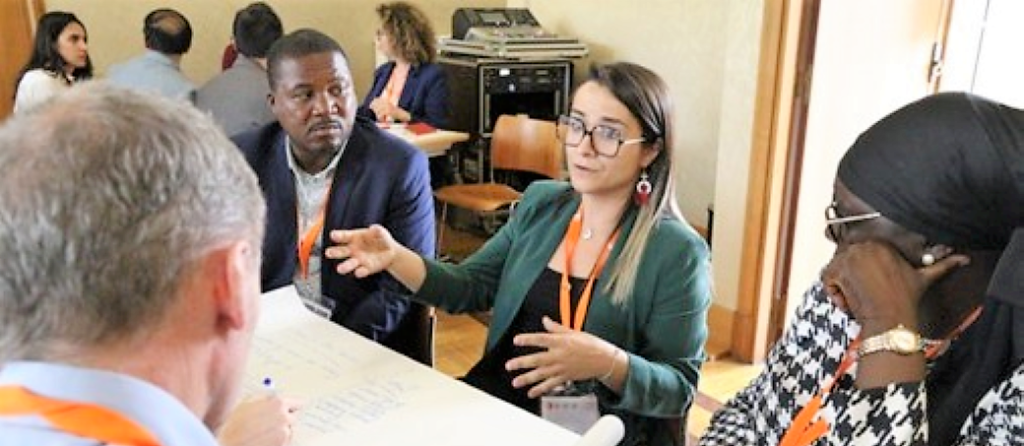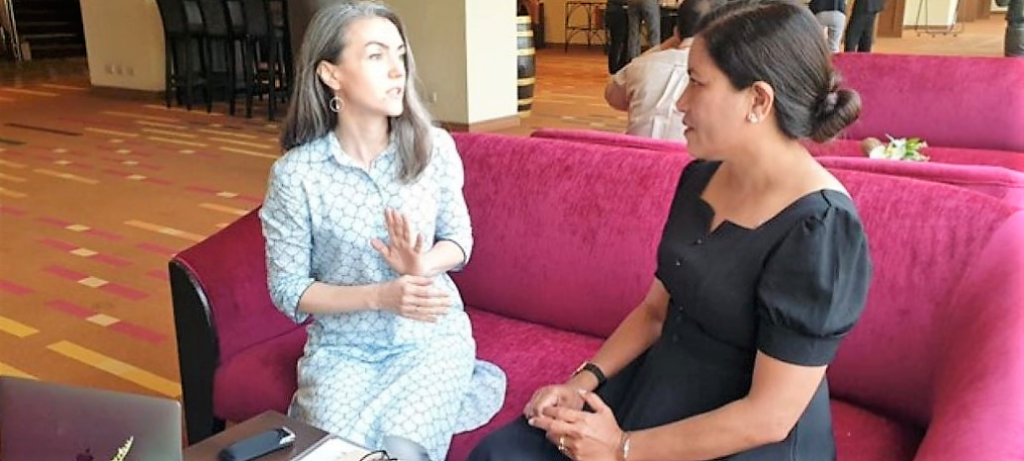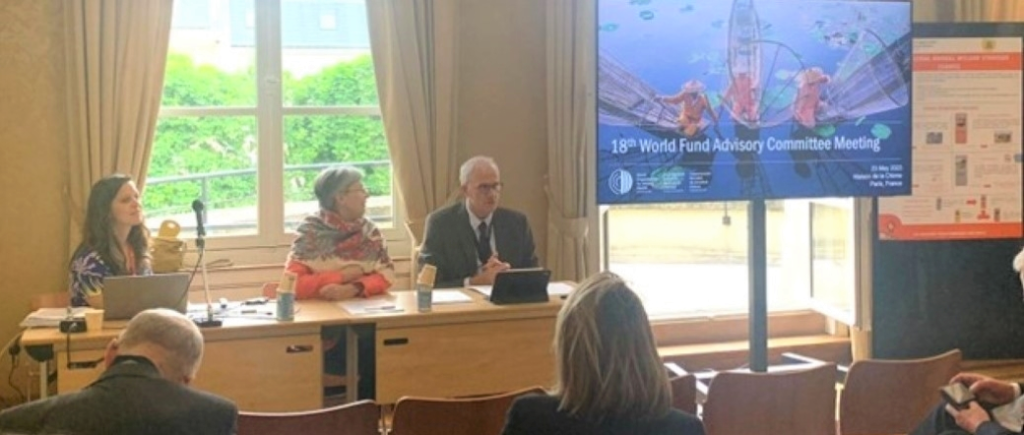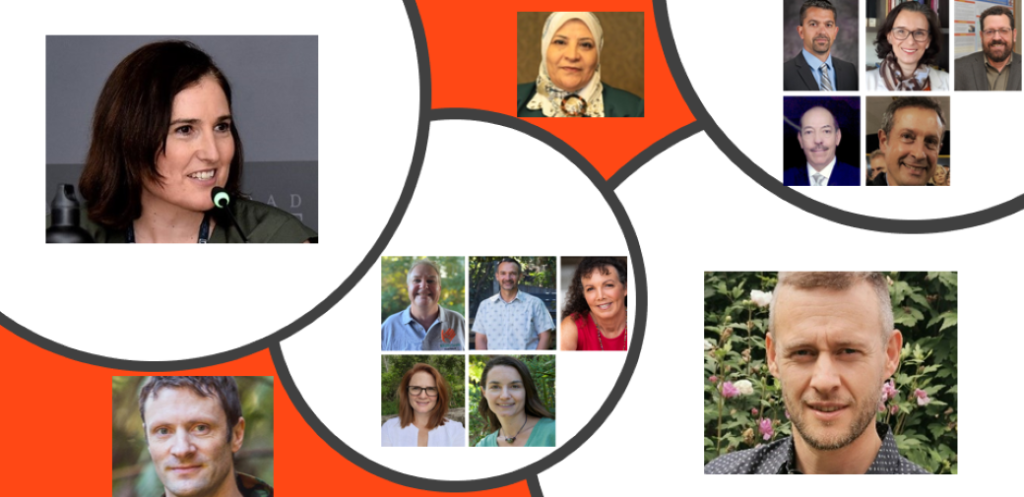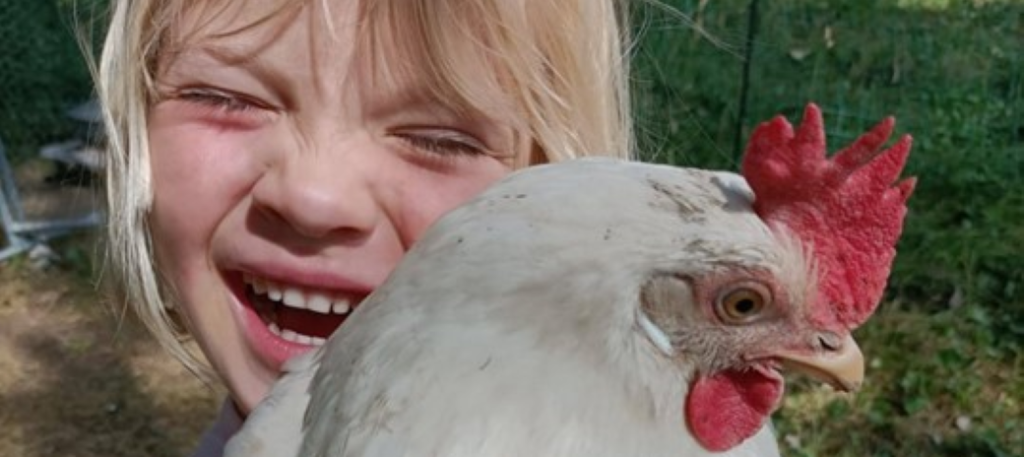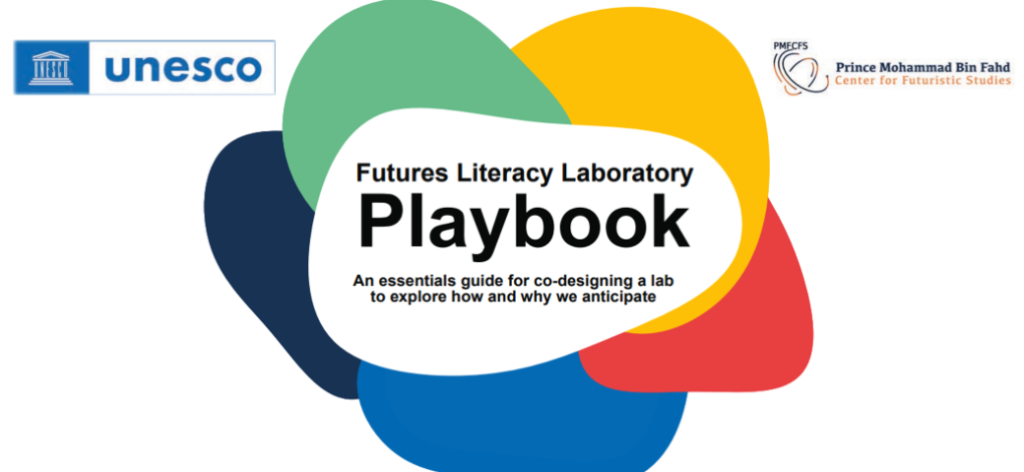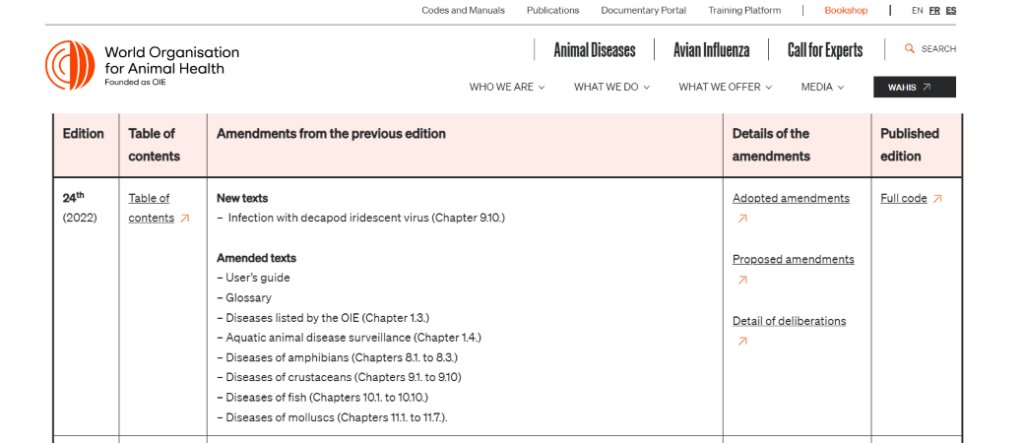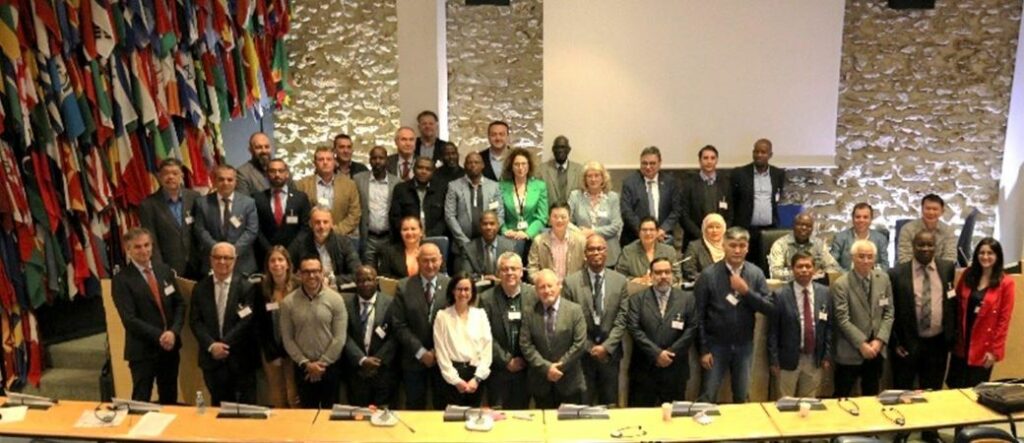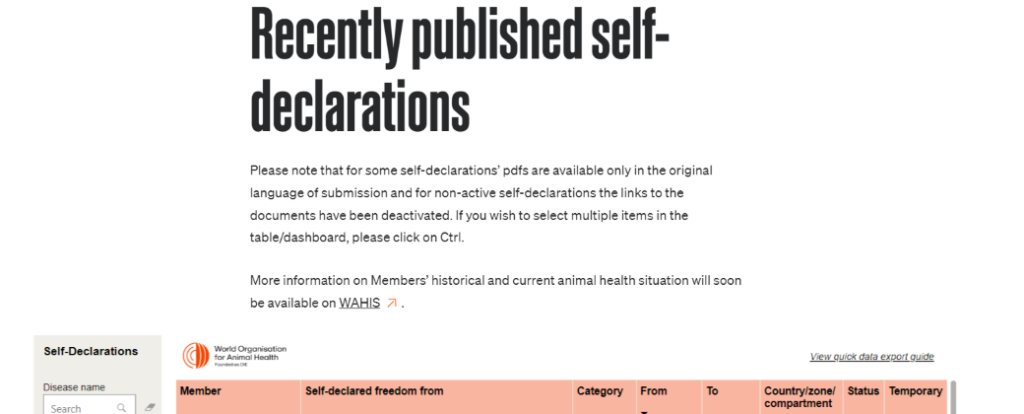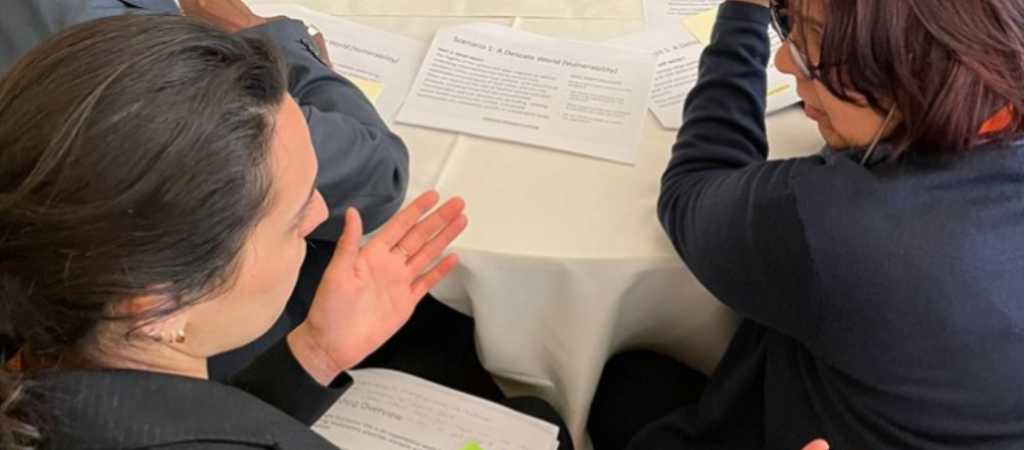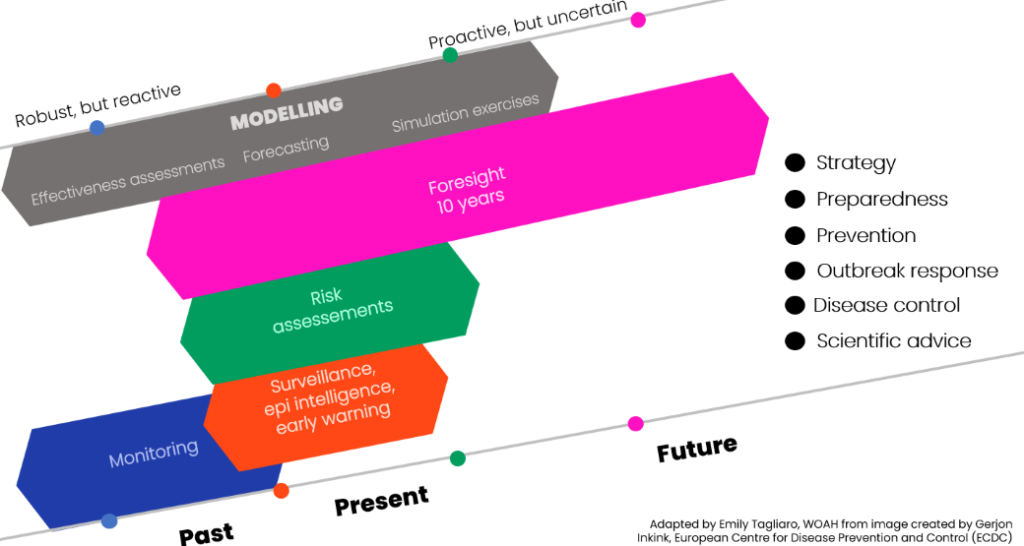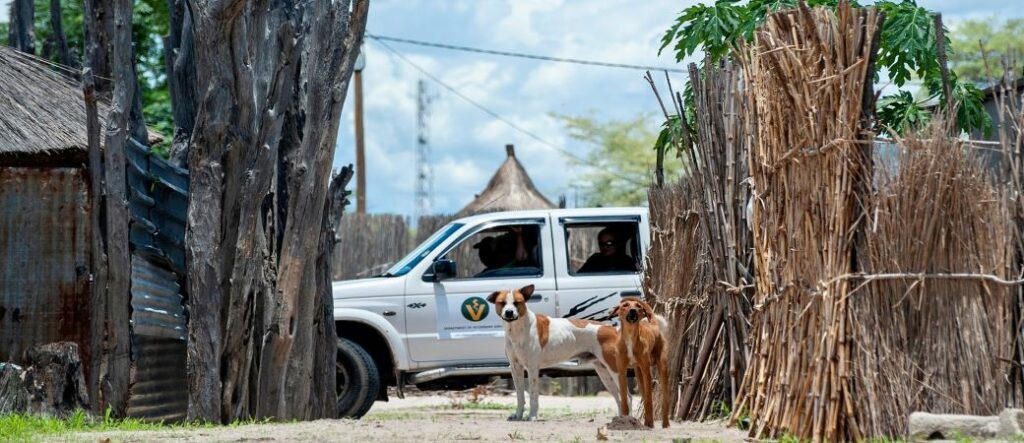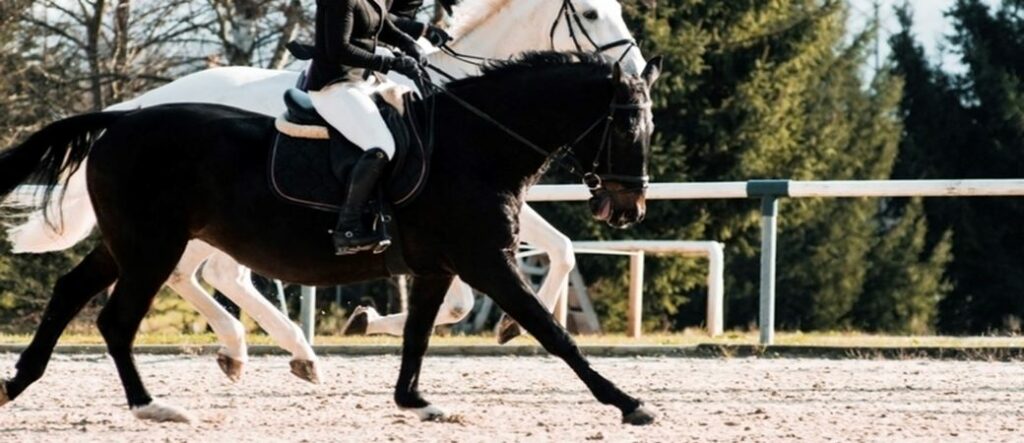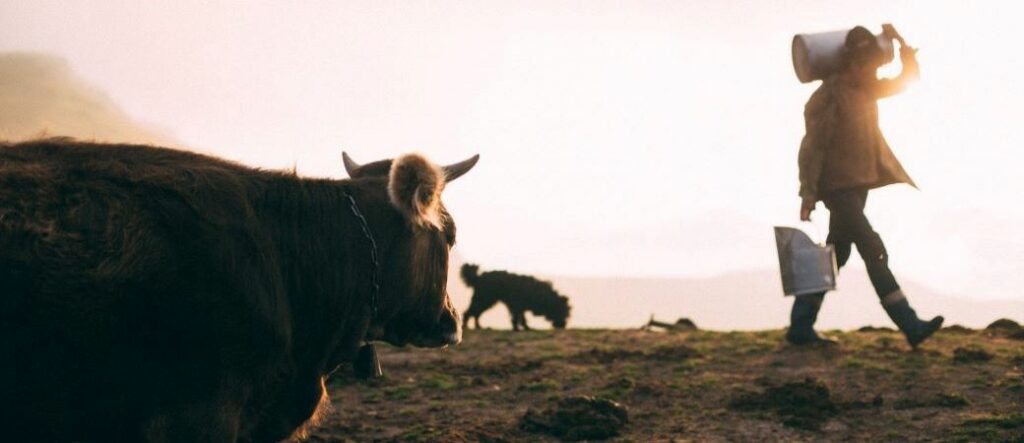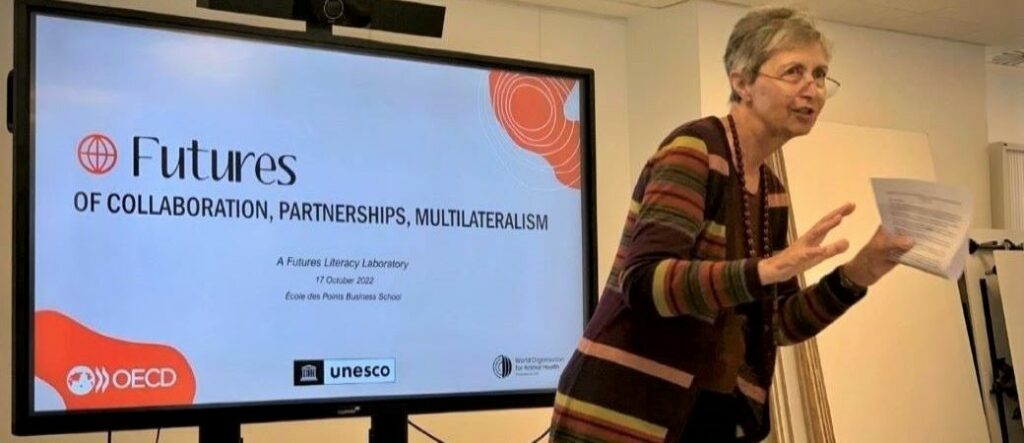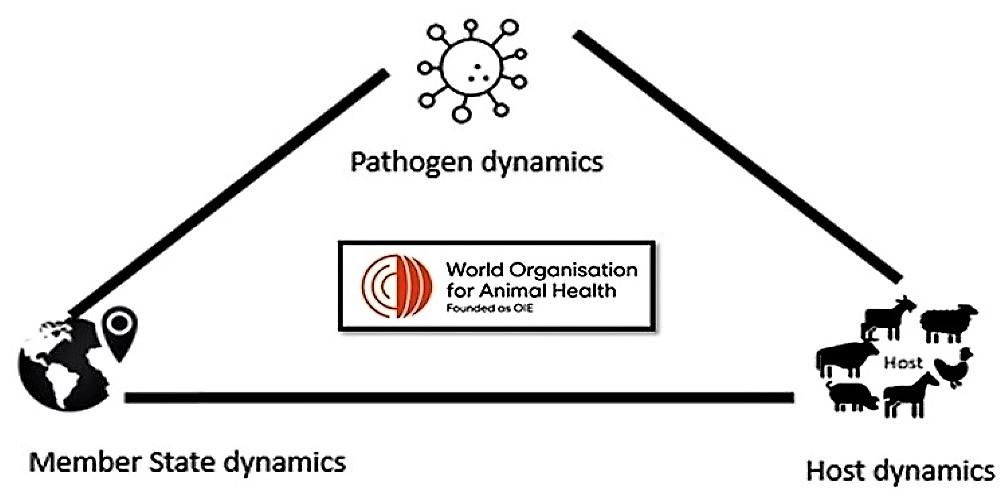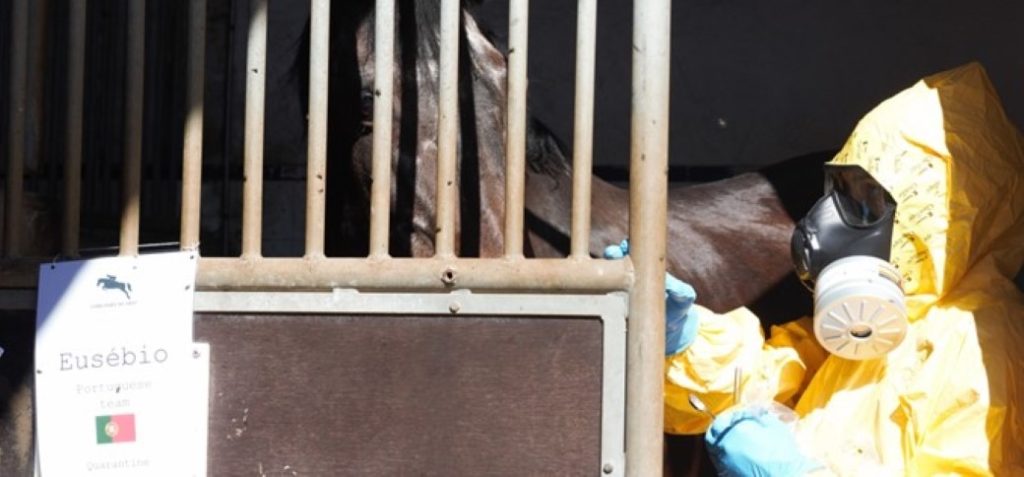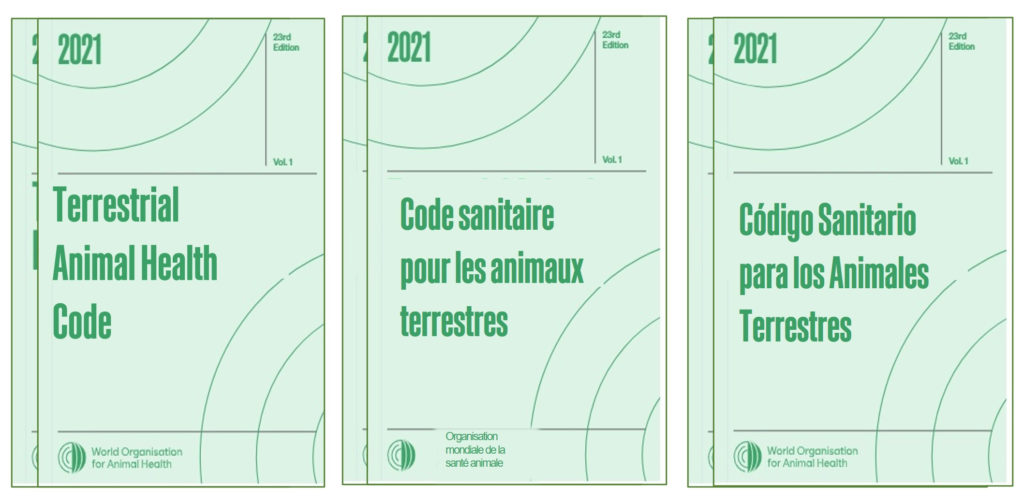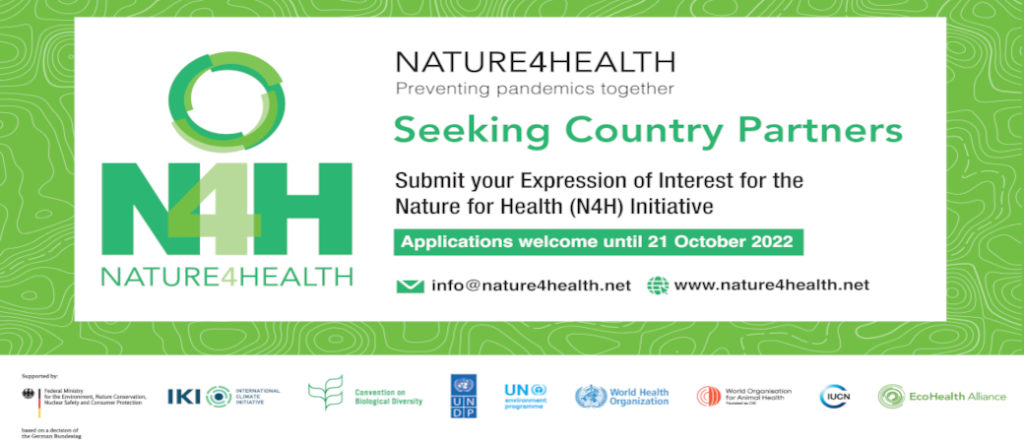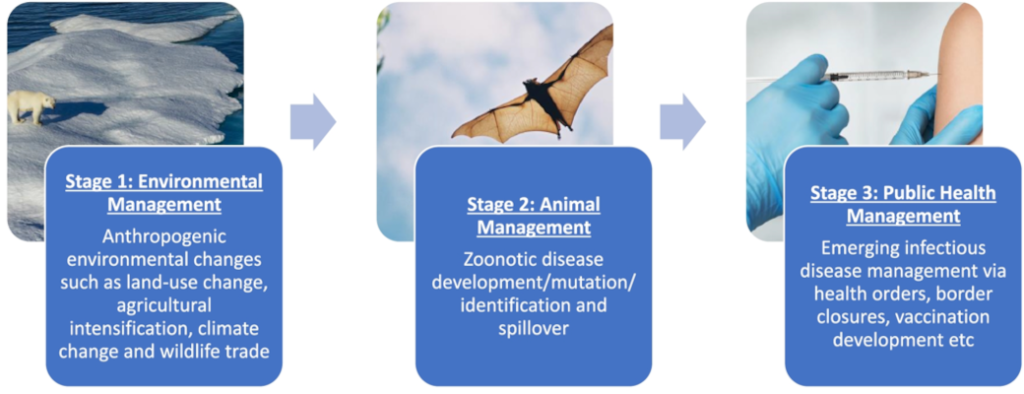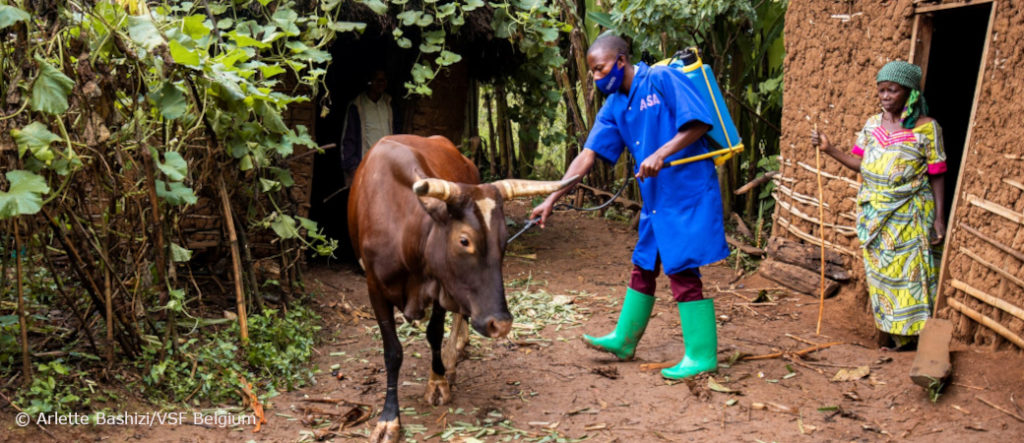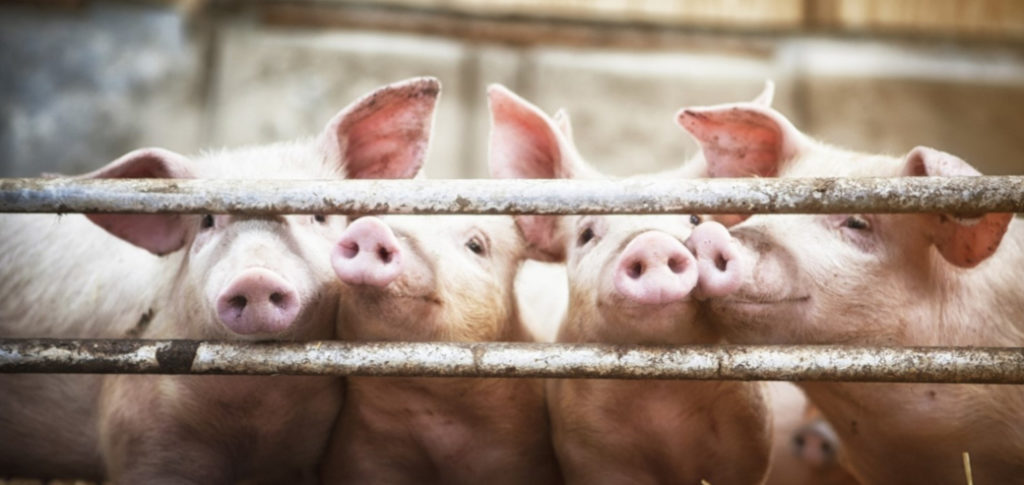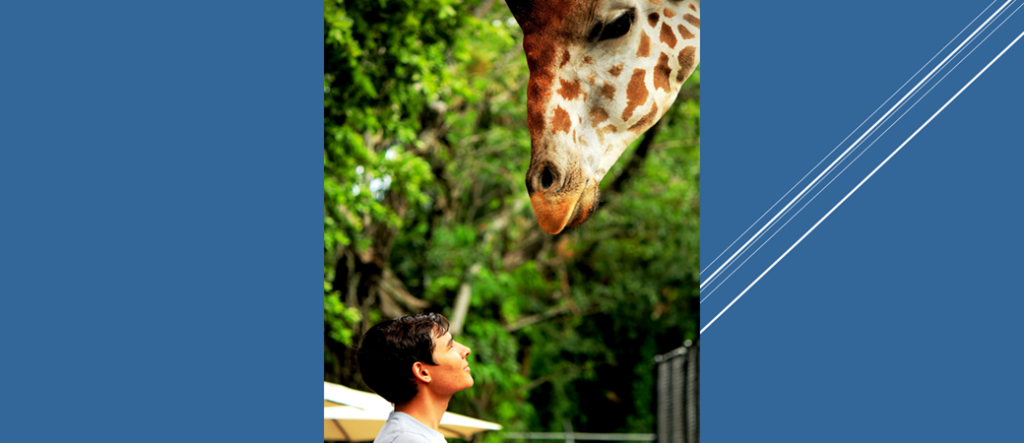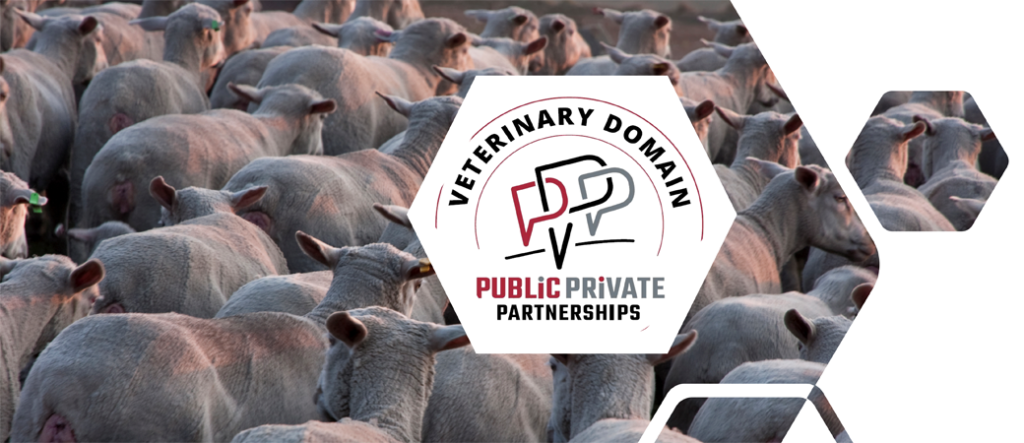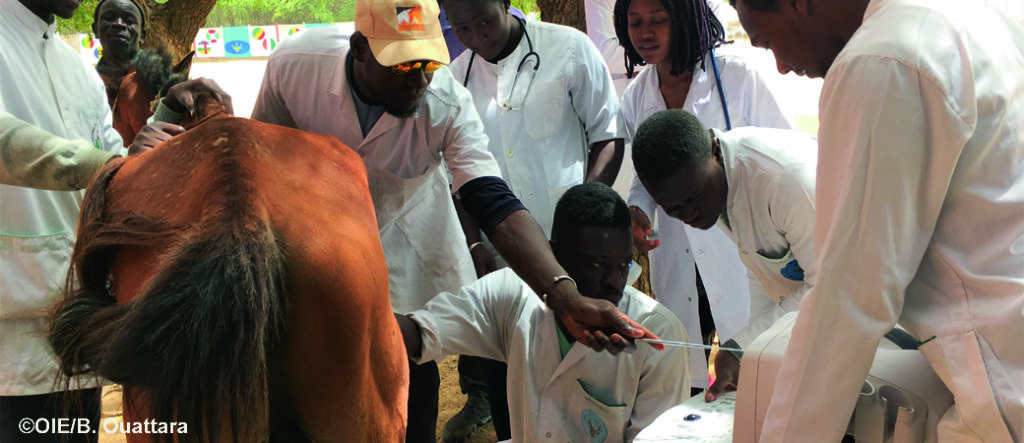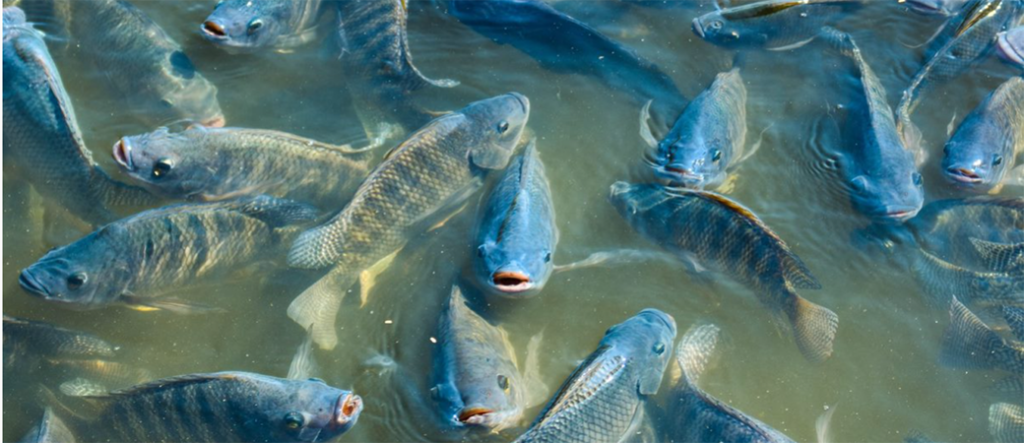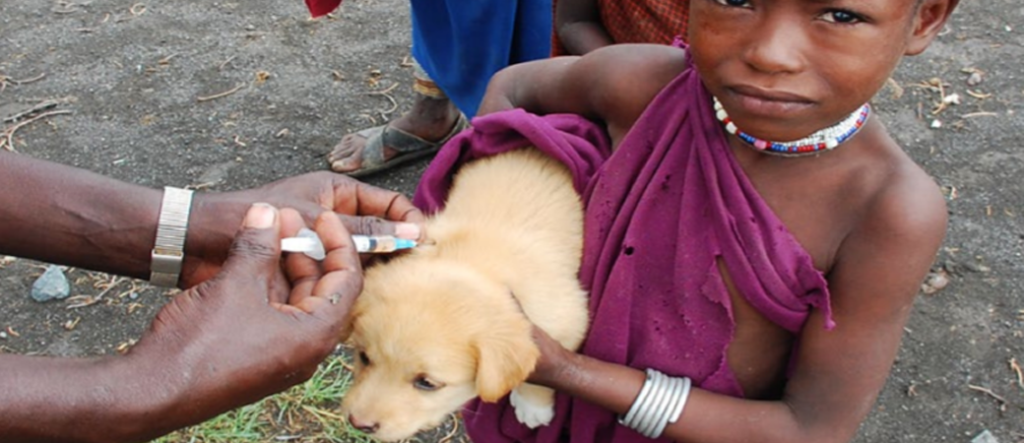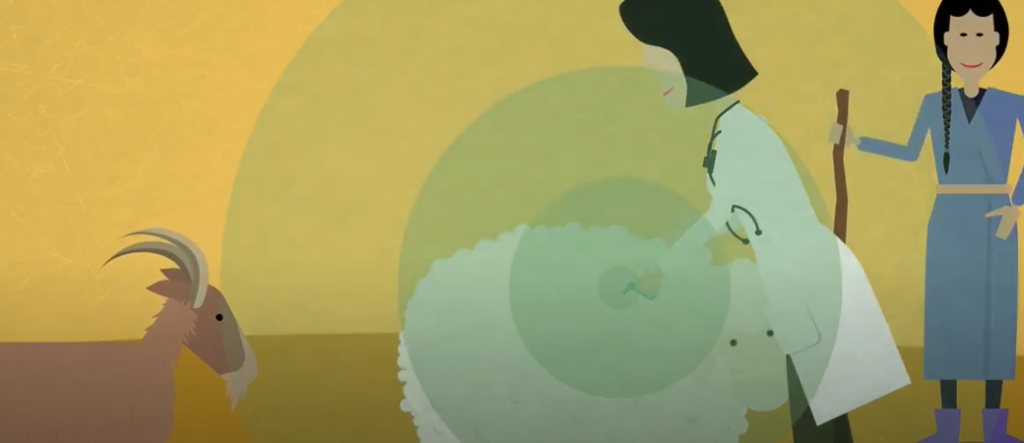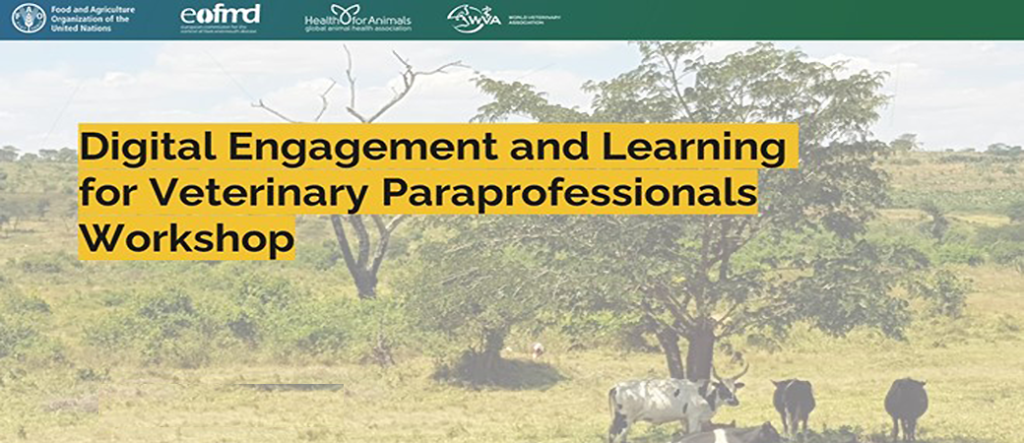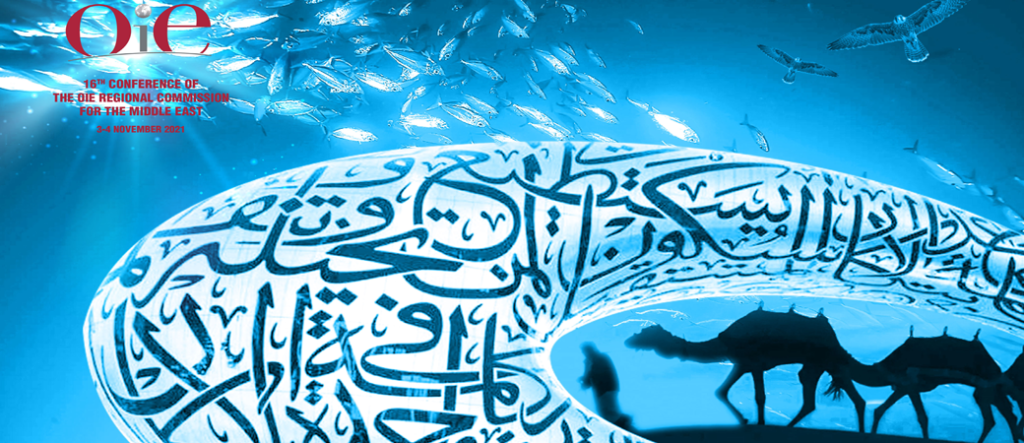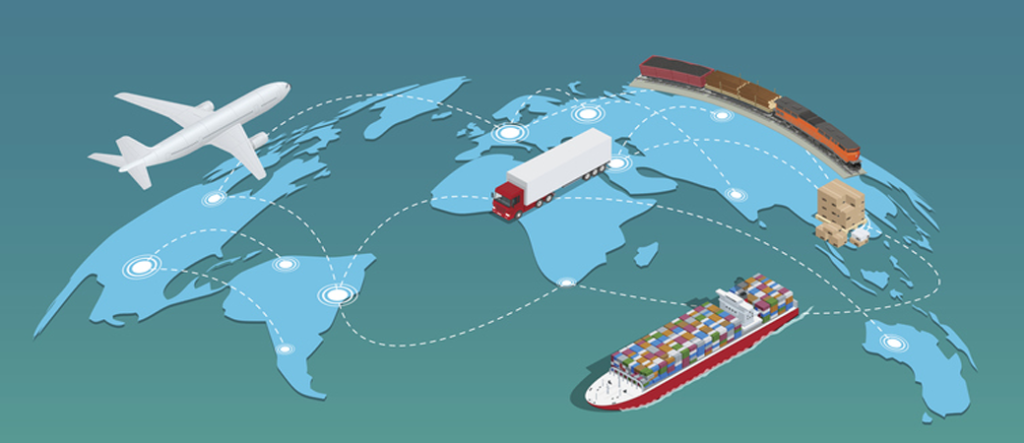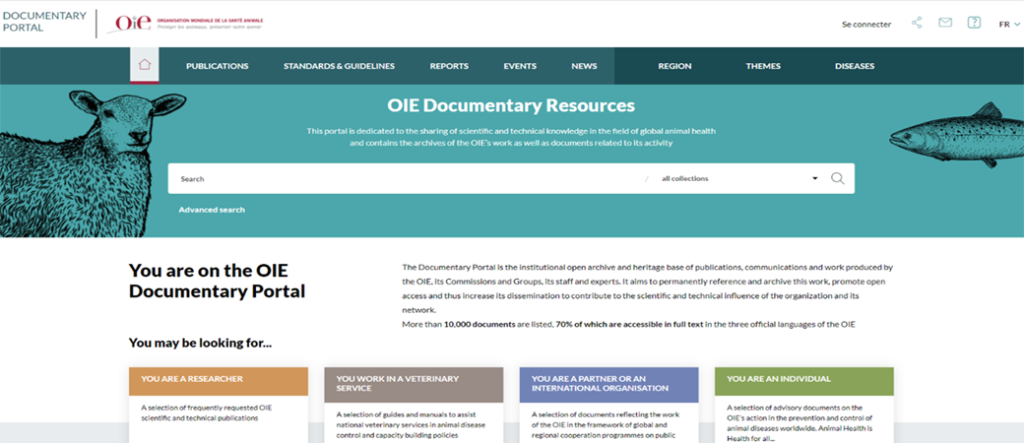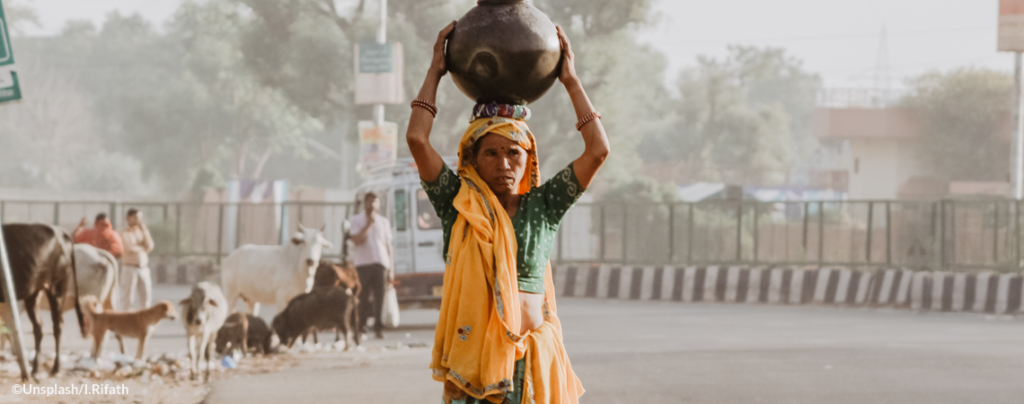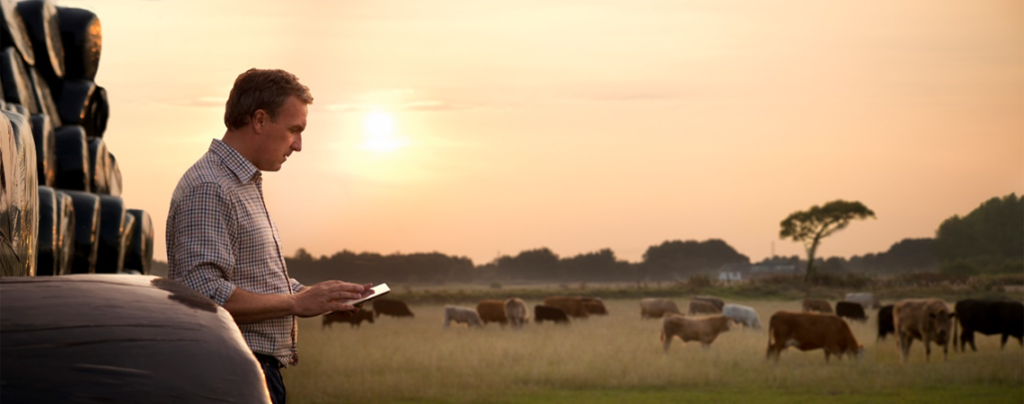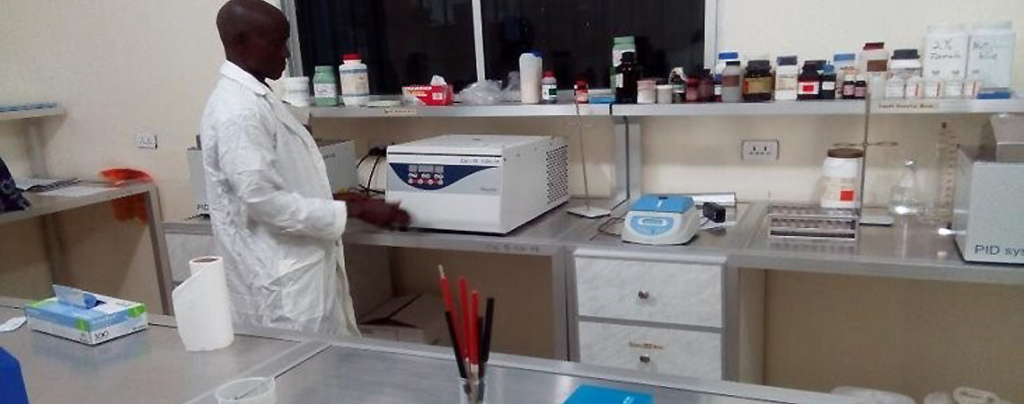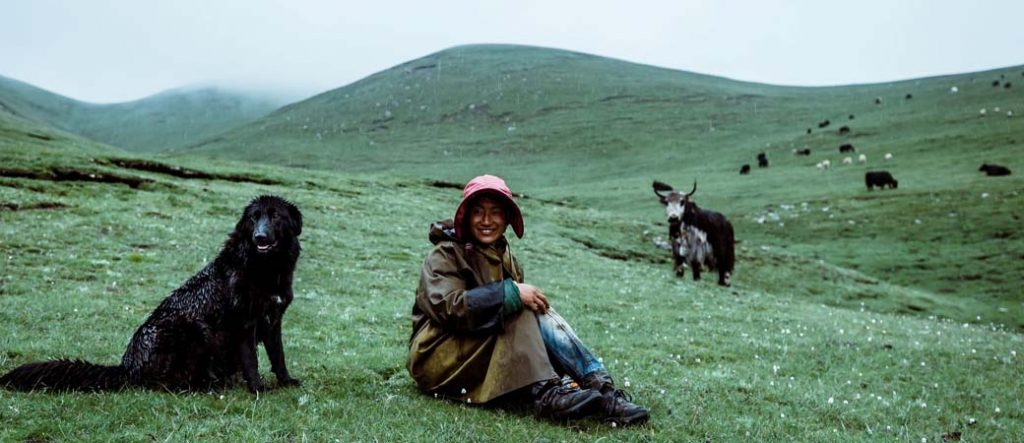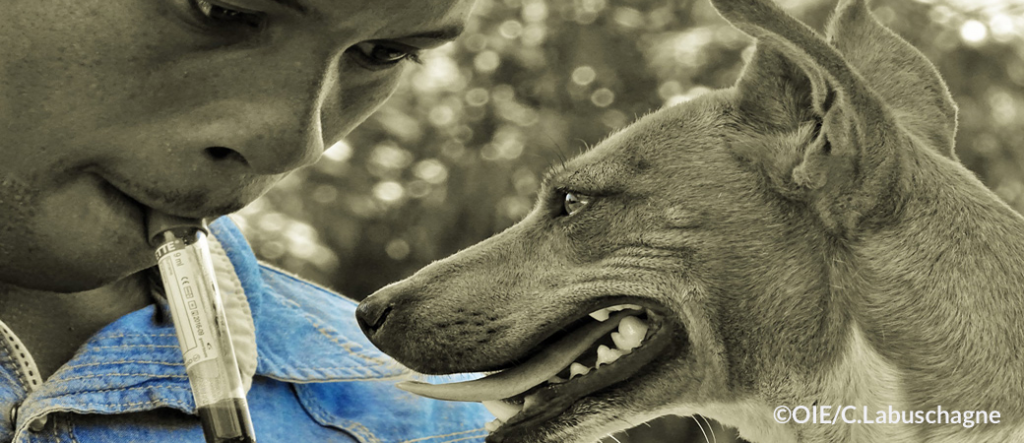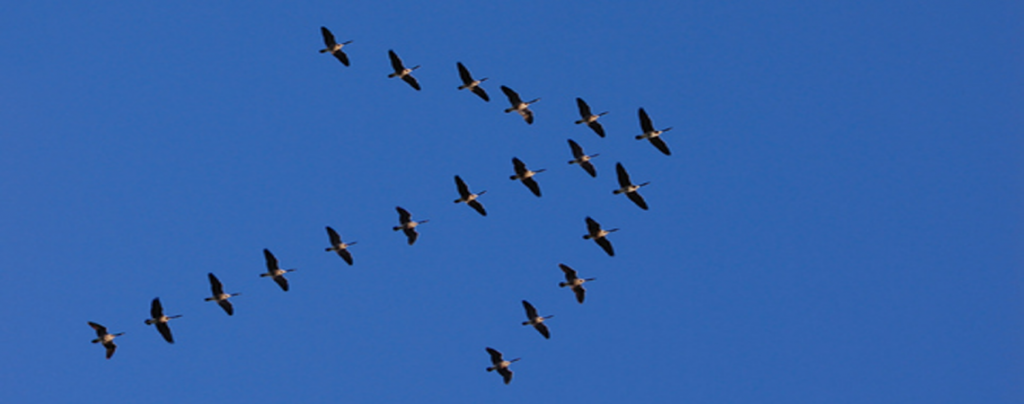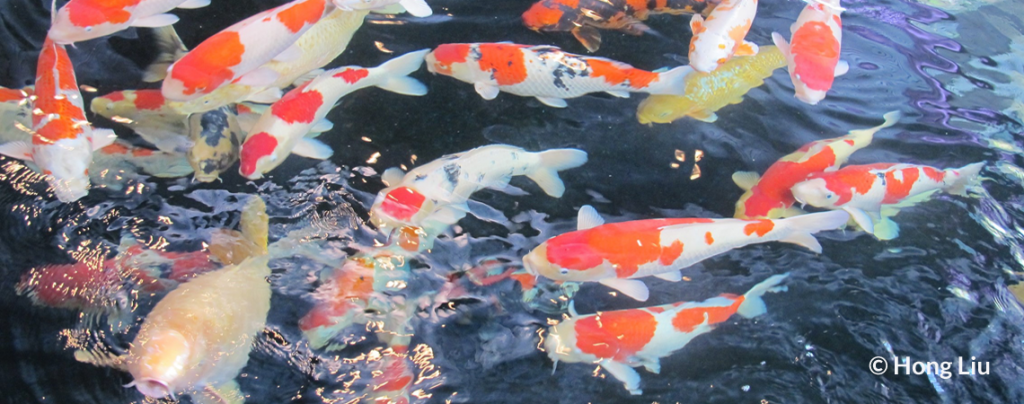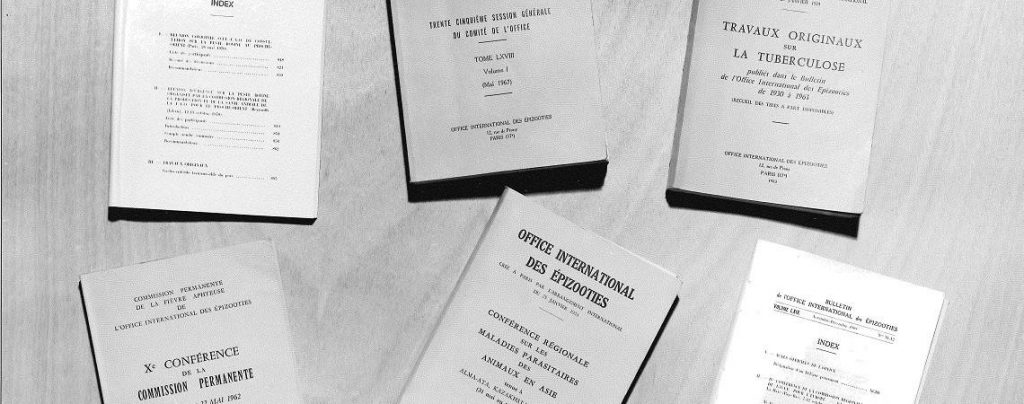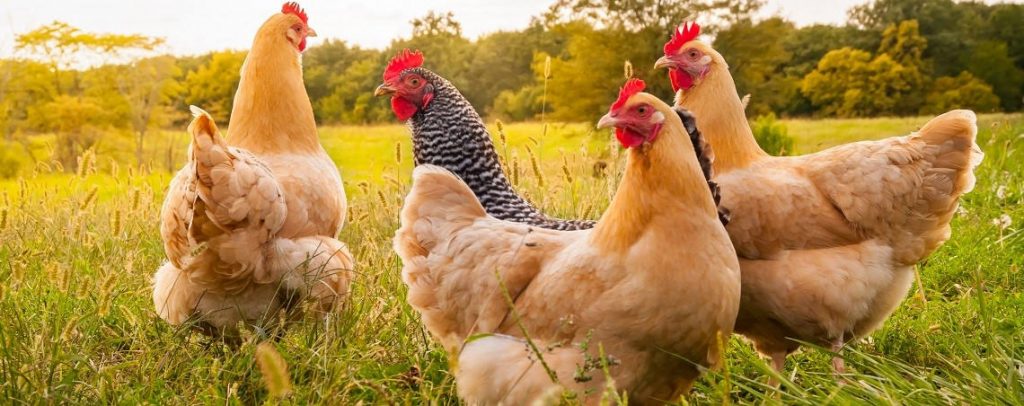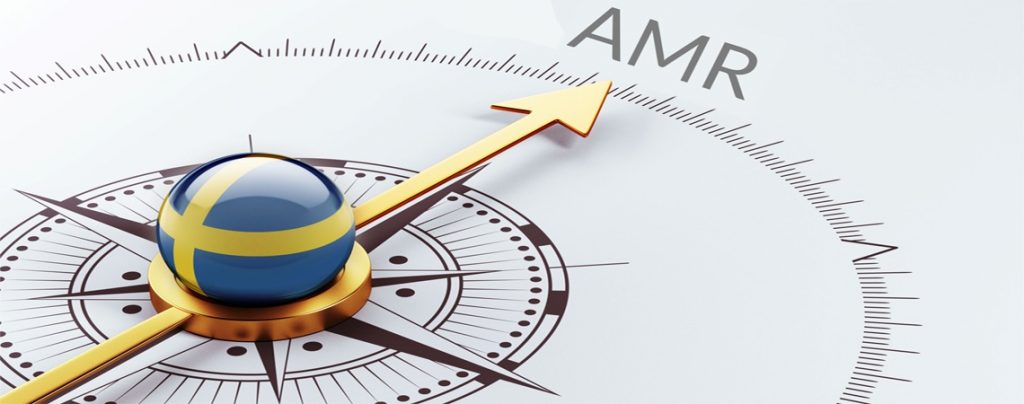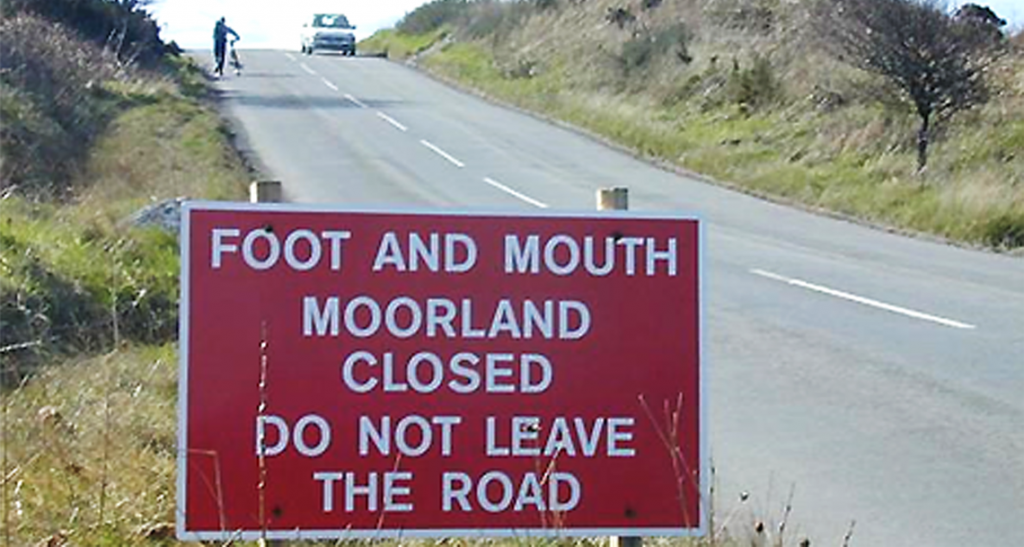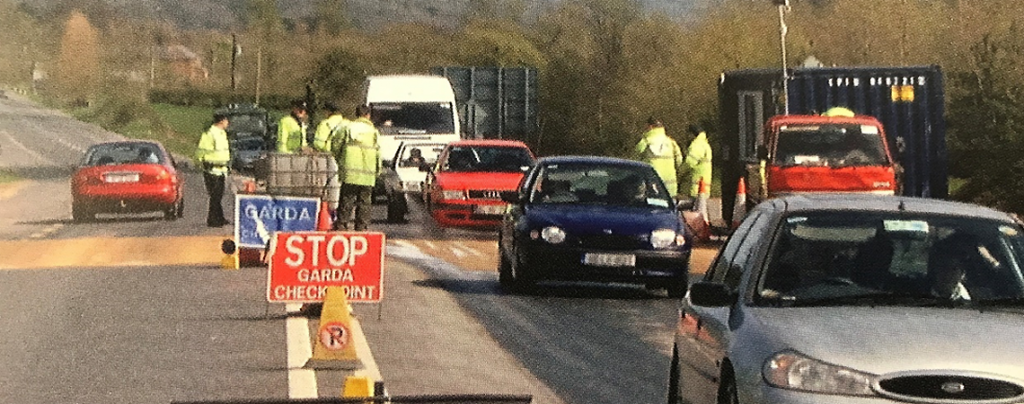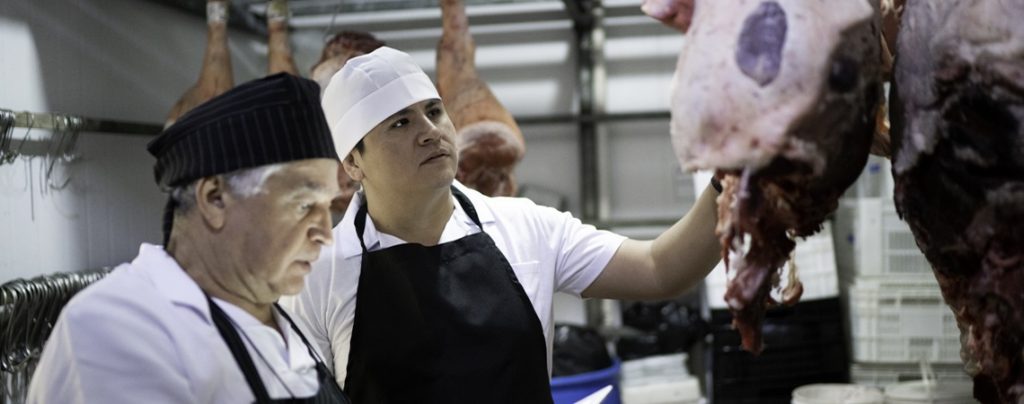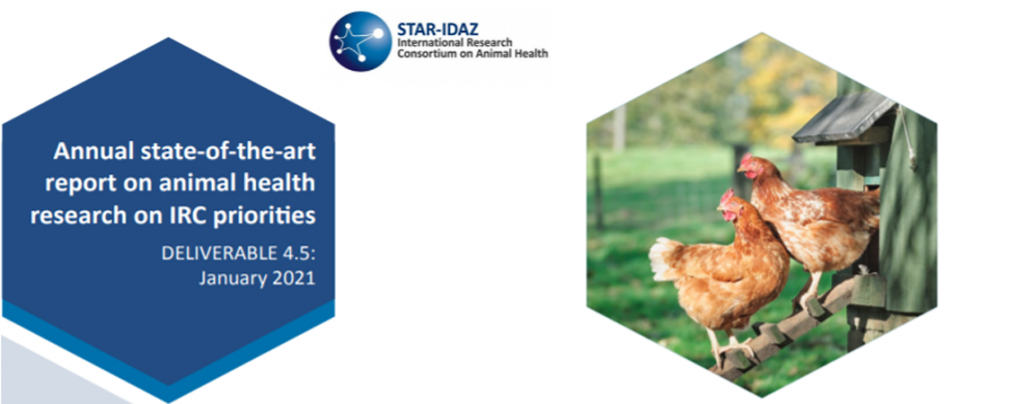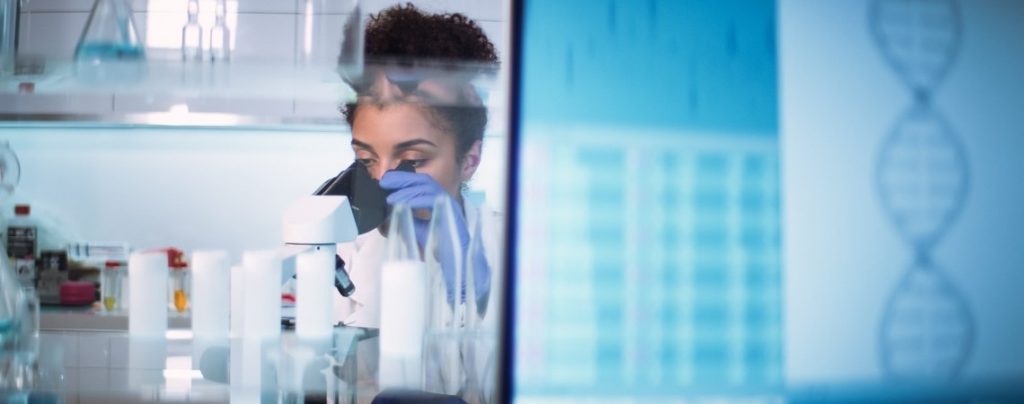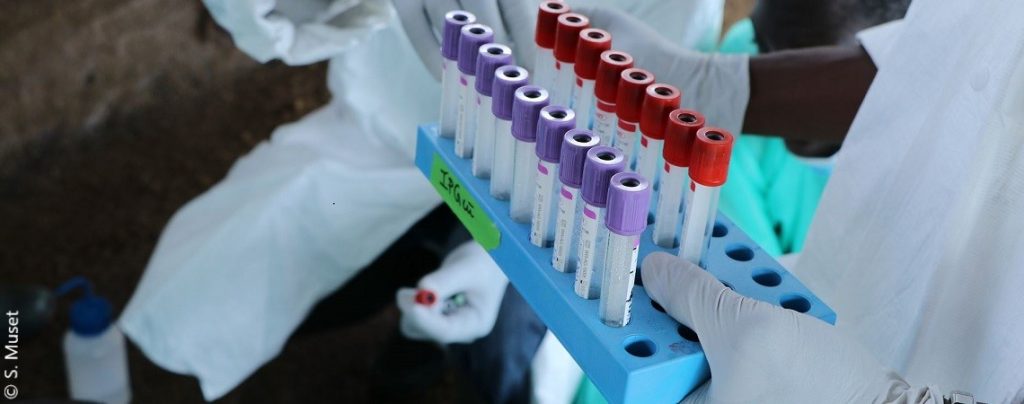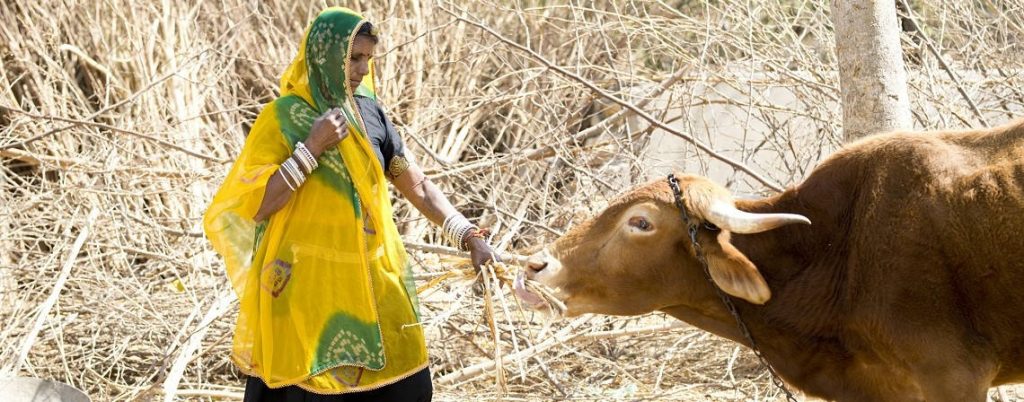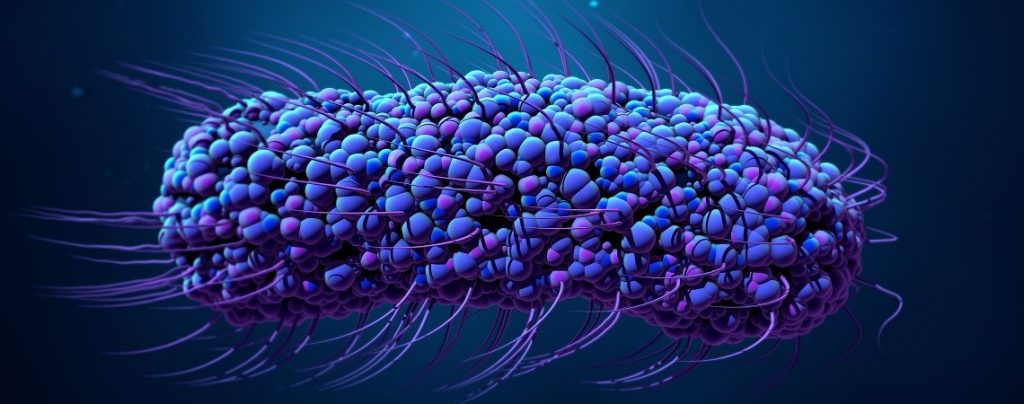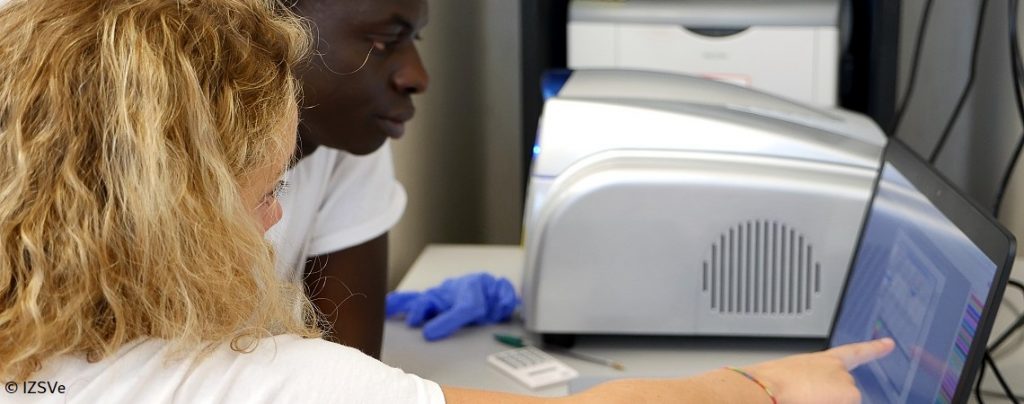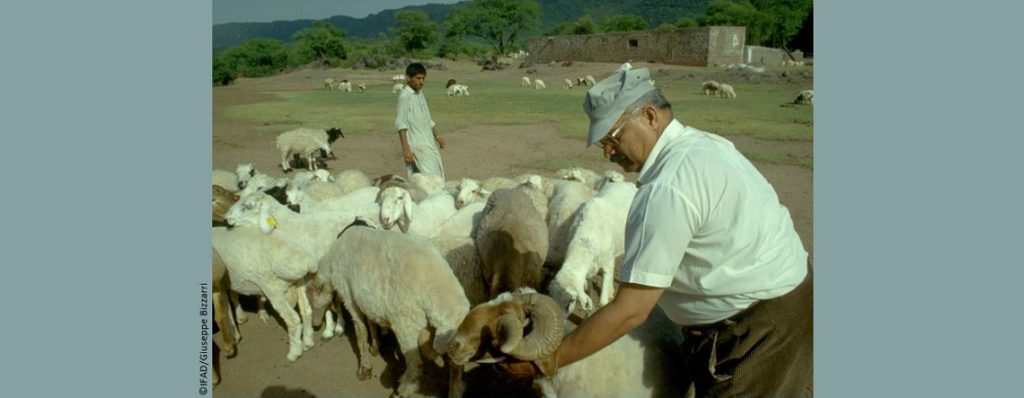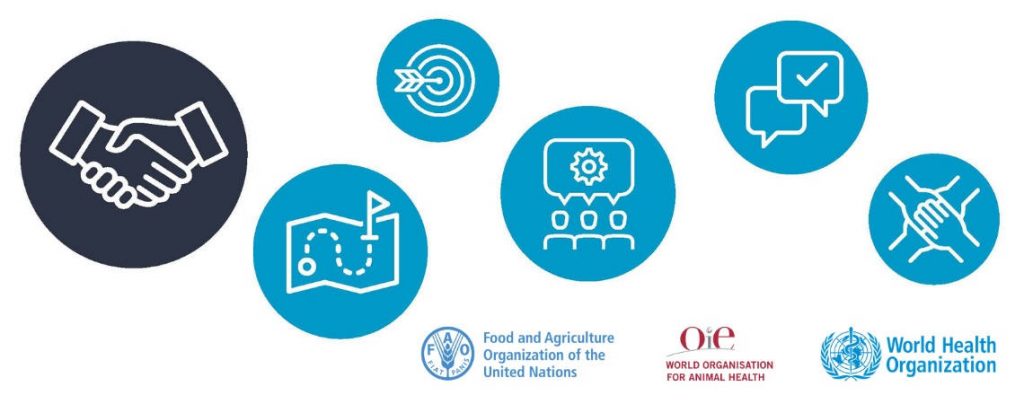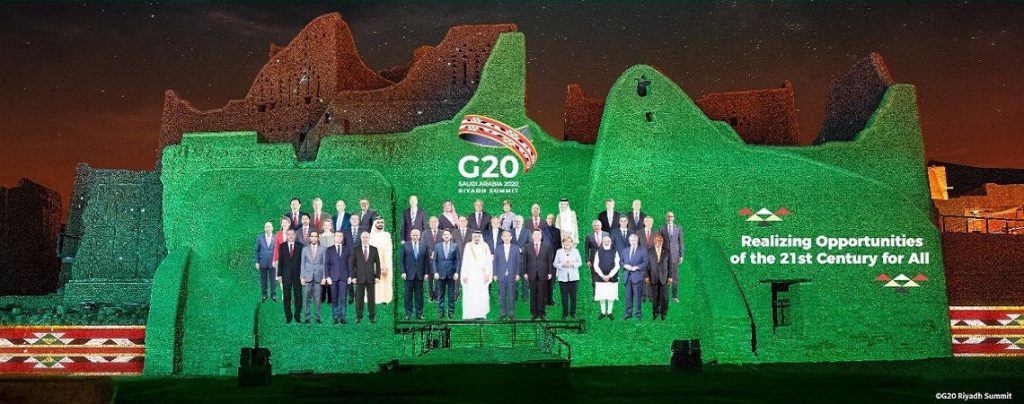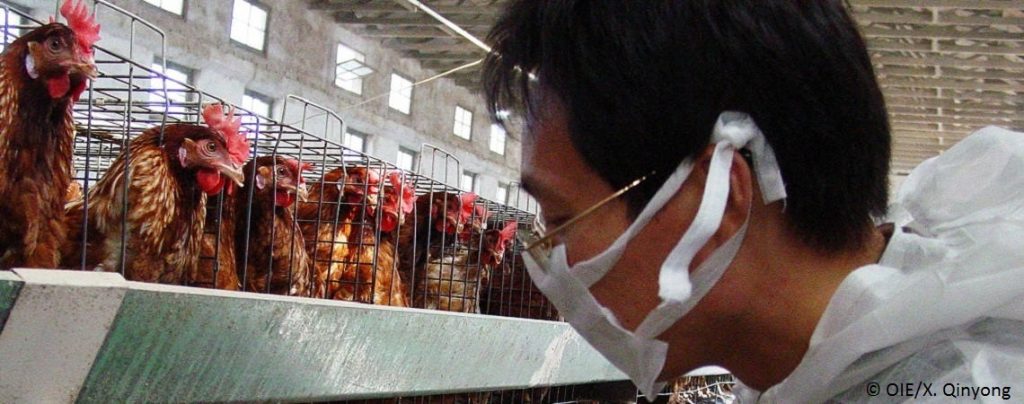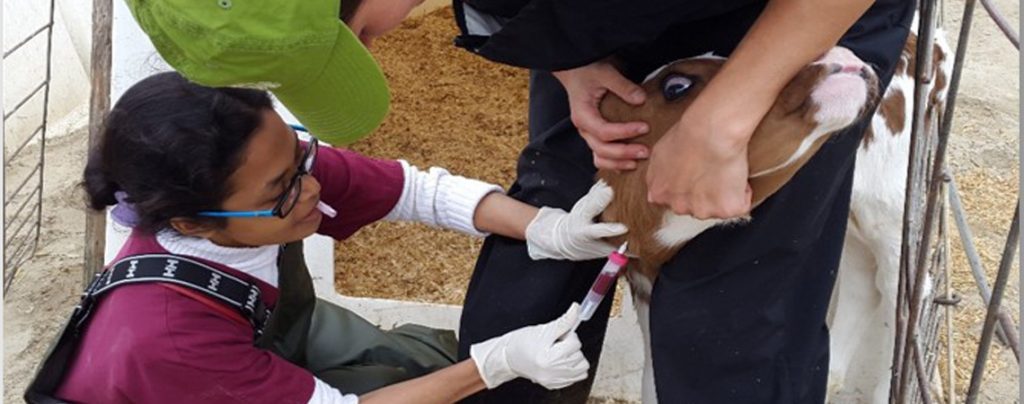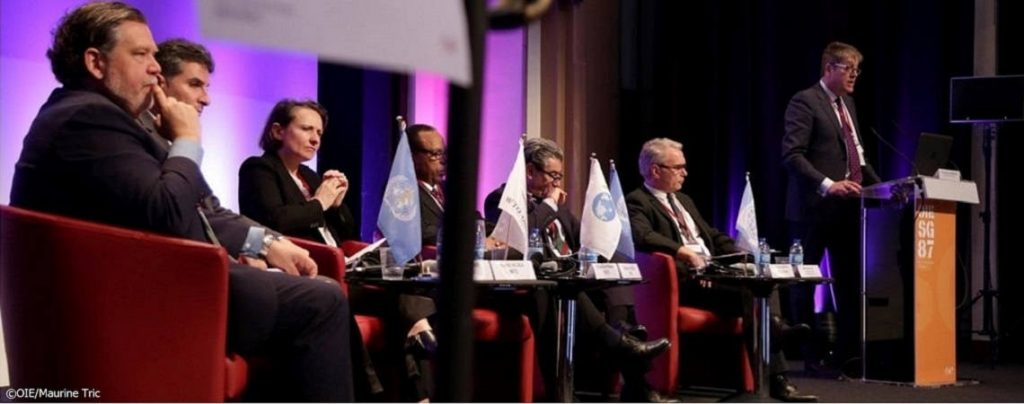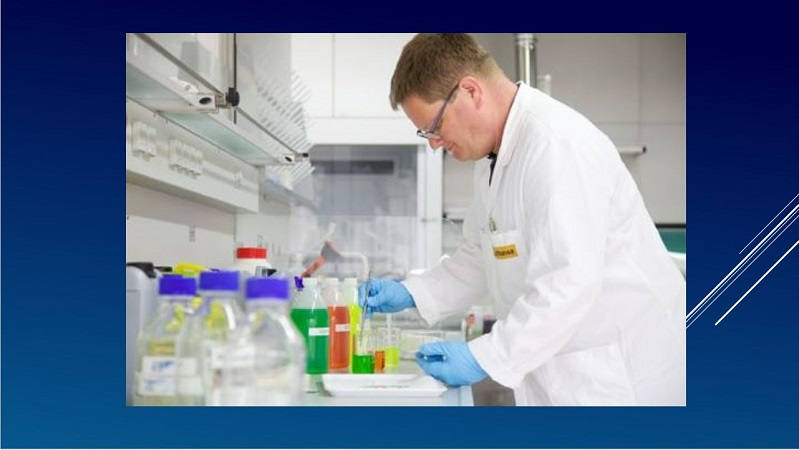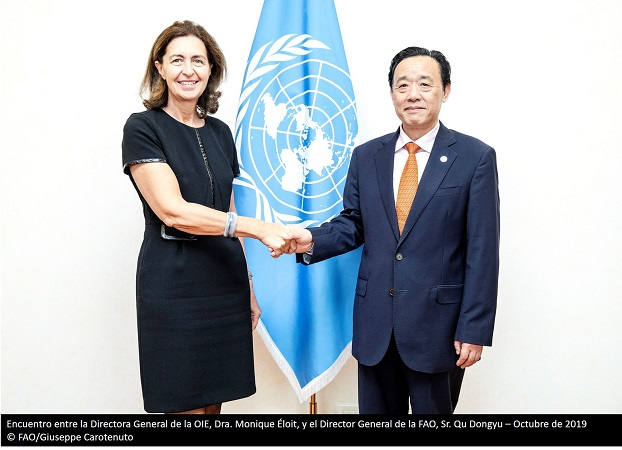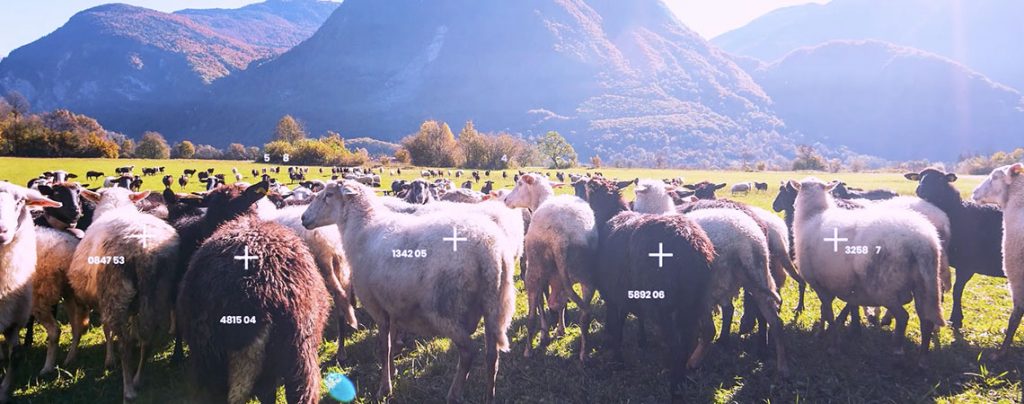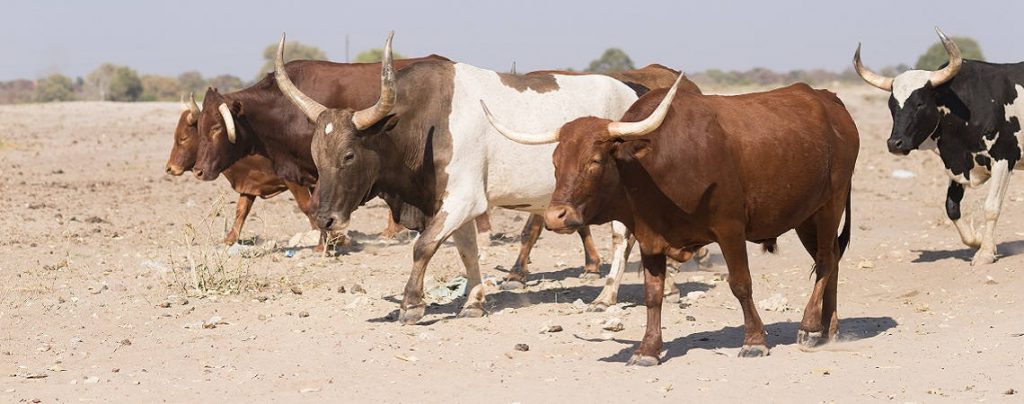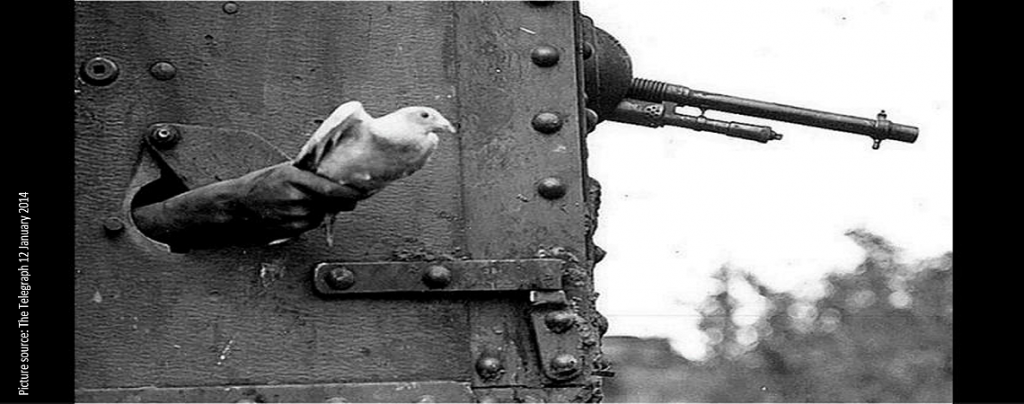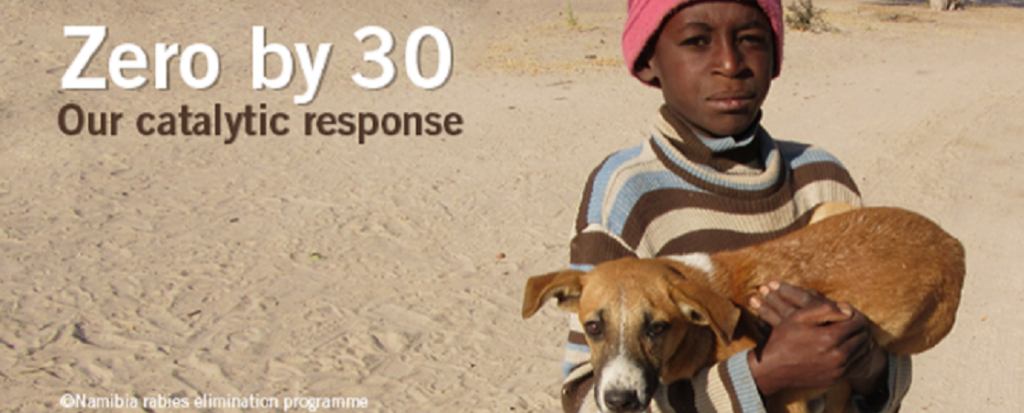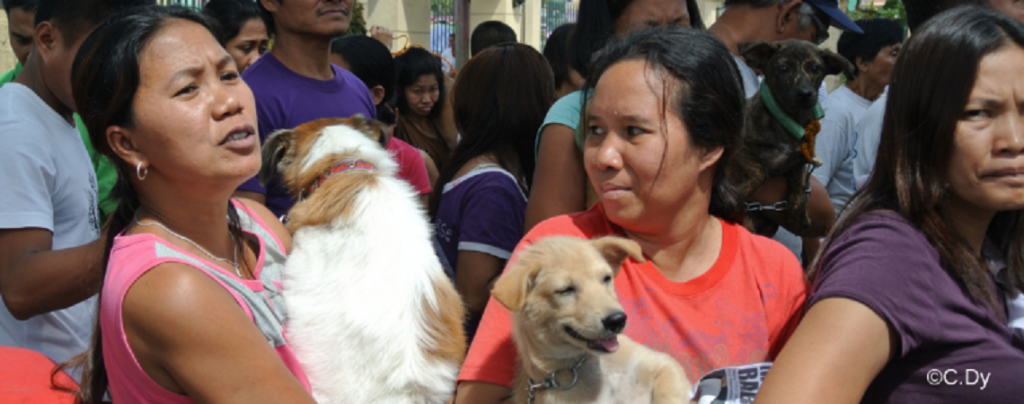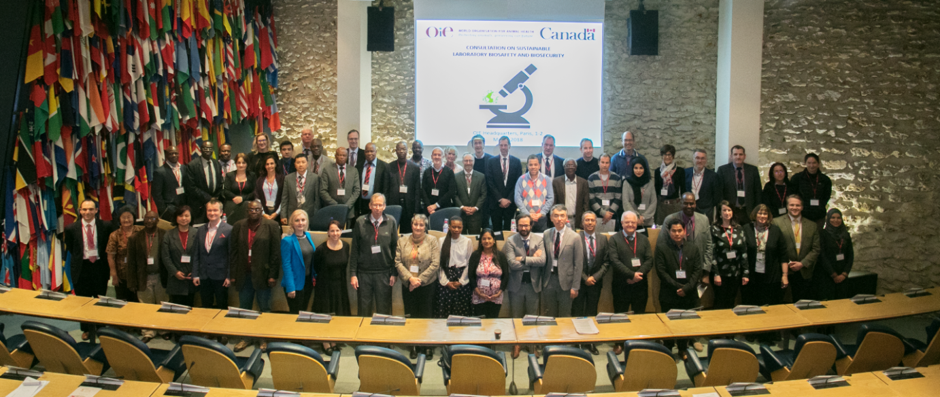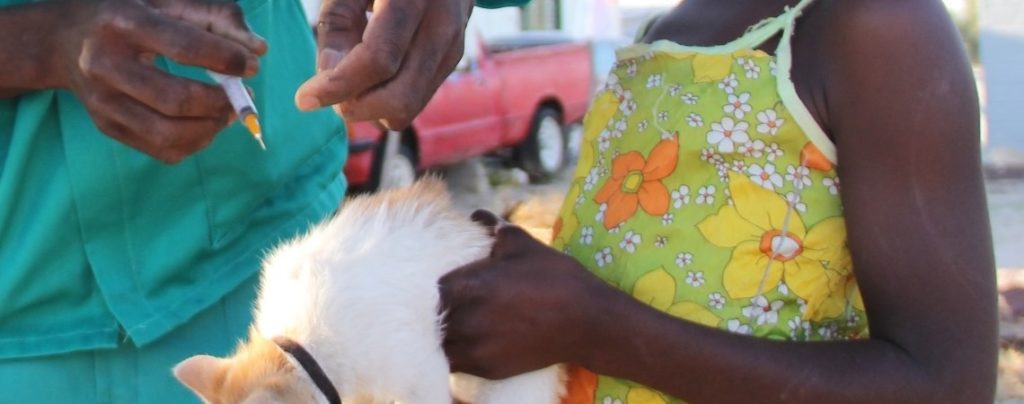INFORMACIÓN CONTINUA Publicado en 2019-12-10 12:19:55
Global Burden of Animal Diseases – building a community of practice for animal health economics
Palabras clave
AUTHORS
J. Rushton (1)*, T. Bernardo (2), M. Bruce (3), C. Bellet (4), P. Torgerson (5), A.P.M. Shaw (6), M. Herrero (7), T. Marsh (8), D. Pendell (9), D. Pigott (10), M. Stone (11), J. Pinto (12), S. Mesenhowski (13), T. Leyland (14), M. Peyre (15), K. Watkins (16), V. Kapur (17), A. Havelaar (18), D. Grace (19), B. Huntington (20), P. Wood (21) & GBADs collaborators
(1) GBADs Programme Director, University of Liverpool, United Kingdom
(2) University of Guelph, Canada
(3) Murdoch University, Australia
(4) University of Liverpool, United Kingdom
(5) University of Zurich, Switzerland
(6) AP Consultants, United Kingdom
(7) Commonwealth Scientific and Industrial Research Organisation (CSIRO)
(8) Washington State University, United States of America
(9) Kansas State University, United States of America
(10) Institute for Health Metrics and Evaluation (IHME), Seattle, Washington, United States of America
(11) World Organisation for Animal Health (OIE)
(12) Food and Agriculture Organization of the United Nations (FAO)
(13) Bill & Melinda Gates Foundation
(14) Department for International Development (DFID), United Kingdom
(15) French Agricultural Research and International Cooperation Organization (CIRAD)
(16) FoodFirst LLC, Walhalla, ND, United States of America
(17) Pennsylvania State University, United States of America
(18) University of Florida, United States of America
(19) International Livestock Research Institute (ILRI)
(20) GBADs Project Manager, University of Liverpool, United Kingdom
(21) Independent
* Corresponding author: J.Rushton@liverpool.ac.uk
The designations and denominations employed and the presentation of the material in this article do not imply the expression of any opinion whatsoever on the part of the OIE concerning the legal status of any country, territory, city or area or of its authorities, or concerning the delimitation of its frontiers and boundaries.
The views expressed in this article are solely the responsibility of the author(s). The mention of specific companies or products of manufacturers, whether or not these have been patented, does not imply that these have been endorsed or recommended by the OIE in preference to others of a similar nature that are not mentioned.
Summary
Keywords
Animal health – burden – decision-making – Global Burden of Animal Diseases (GBADs).
Inception
The commitment of the OIE to the economics of animal health has been long standing with special editions of the OIE Scientific and Technical Review in 1999 and 2017 [1, 2]. The Technical Item at the 2016 OIE General Session was on the economics of animal health [3] and was presented by Professor Jonathan Rushton (1). This item concluded that the data available at Member State level on the impact of animal diseases and the expenditure on mitigation actions were of insufficient quality and there needed to be a more systematic process to assess the burden of animal diseases. In response to a resolution being passed to support this process, Prof. Rushton organised a workshop hosted by the OIE and convened by the Bill & Melinda Gates Foundation with representation from all the major scientists in the area and key international organisations.
Development
The workshop held in March 2018 gained an agreement on the core aspects of a programme for GBADs and the need for the programme to be developed and implemented. Working groups were formed, which developed into core themes for GBADs development:
- Population and Production Systems
- Production Loss and Expenditure
- Wider Economic Impacts
- Animal Disease Ontology and Attribution
- Informatics
- Private Sector Engagement, and
- Communication & Education.
Subsequently, in late 2018 and early 2019, meetings were convened to define the inputs, outputs and outcomes from a proposed five-year scheme of work for each theme.
At the second workshop, held in April 2019 the theme leads presented outlines of their five-year plans to each other and sought feedback as the methodology was honed. On the third day of the meeting the methodology was presented to organisations involved in the livestock sector who hold data and would be users of information GBADs will generate and potential donors. Feedback was sought from these groups in terms of accessibility of data, on engagement of users and the development of case studies at either country or sector level (species and production system). Prof Rushton presented the GBADs concept at the 2019 OIE General Session as part of a discussion using economic data to drive prioritisation, strategic planning and performance monitoring of animal health interventions. Support was received from cooperating international organisations – Food and Agriculture Organization of the United Nations (FAO), International Livestock Research Institute (ILRI), World Health Organization (WHO), World Trade Organization (WTO), Organisation for Economic Co-operation and Development (OECD) and the World Bank.
Products
By delivering the products listed below, GBADs will:
- provide information for evidence-based investment plans for veterinary services – supporting OIE PVS Evaluation and Gap Analysis;
- allow allocation of resources to key social, economic and environmental problems – strengthening PVS outcomes;
- support high quality evaluation of existing animal health investments demonstrating the value of veterinary services.
Product 1: Country, sector and animal disease specific case studies
Product 2: Best practice guide on population estimates, production system classification and livestock production parameters: a basis for a FAO and FAOSTAT Guide
Product 3: Burden of animal disease at a global, regional and national level: a new website providing information to guide animal health decision-makers
Product 4: Draft of a best practice standard for economic assessment of animal health: the basis for a chapter in the OIE Terrestrial Animal Health Code
Product 5: Education & Communication package: the importance of animals in society
Initiation
GBADs is in the process of agreeing funding for initiation in late 2020. A successful community of practice seeks expansion and greater representation from the regions. A survey to facilitate feedback from end users is currently taking place. If you would like to take part, please e-mail gbads@liverpool.ac.uk
Parties interested in establishing collaborative relationships are also encouraged to make contact at the same e-mail address.
| For more detailed information please visit the GBADs website |
http://dx.doi.org/10.20506/bull.2019.NF.3035
References
- World Organisation of Animal Health (OIE) (1999). – The economics of animal disease control. B.D. Perry, ed. Sci. Tech. Off. Int. Epiz., 18 (2).
- World Organisation of Animal Health (OIE) (2017). – The economics of animal health. J. Rushton, ed. Sci. Tech. Off. Int. Epiz., 36 (1).
- Rushton J. & Gilbert W. (2016). – The economics of animal health: direct and indirect costs of animal disease outbreaks. 84th General Session of the World Organisation for Animal Health (OIE).




